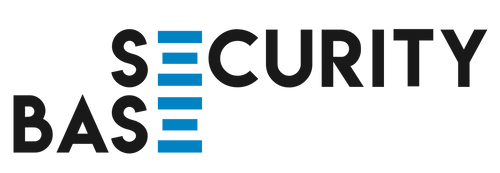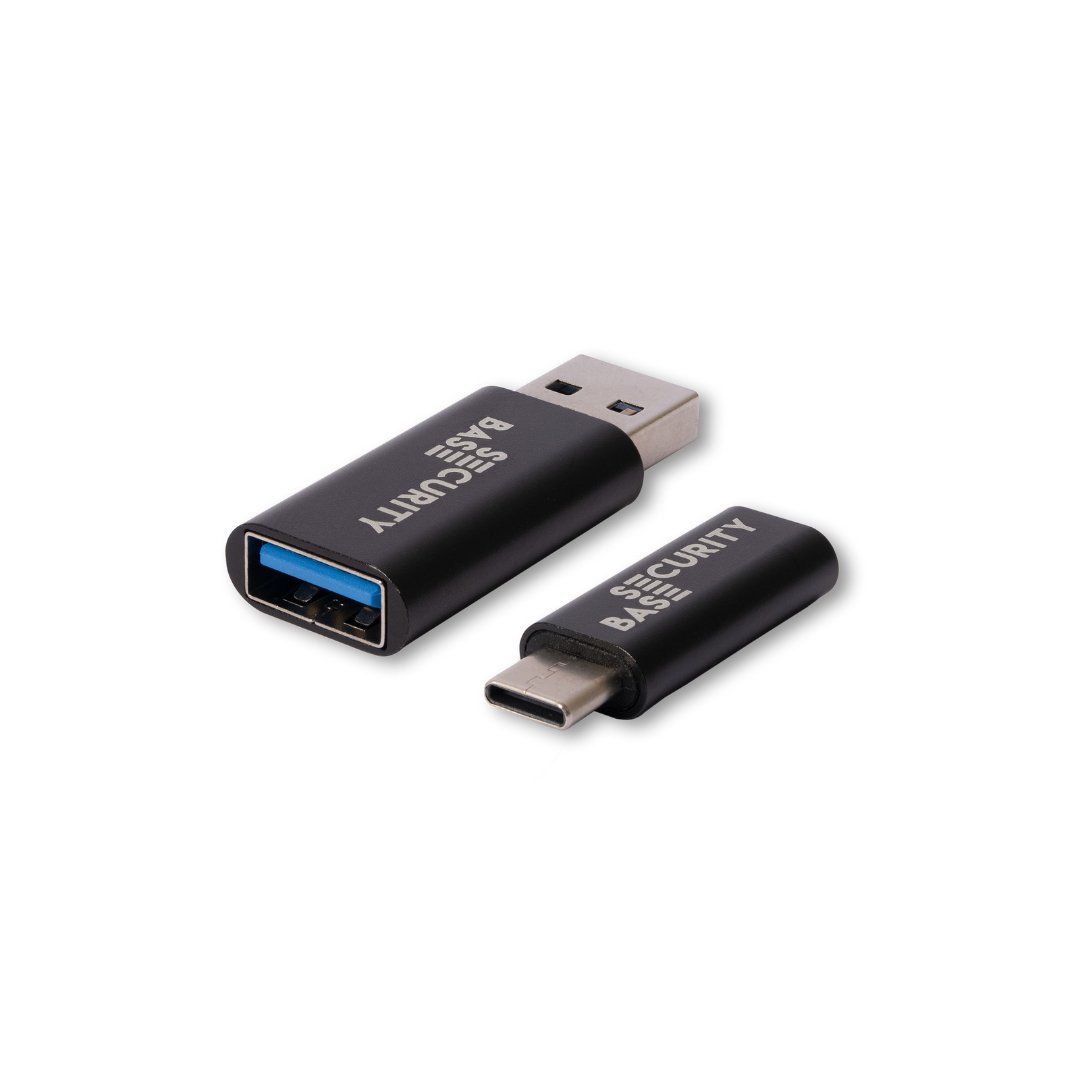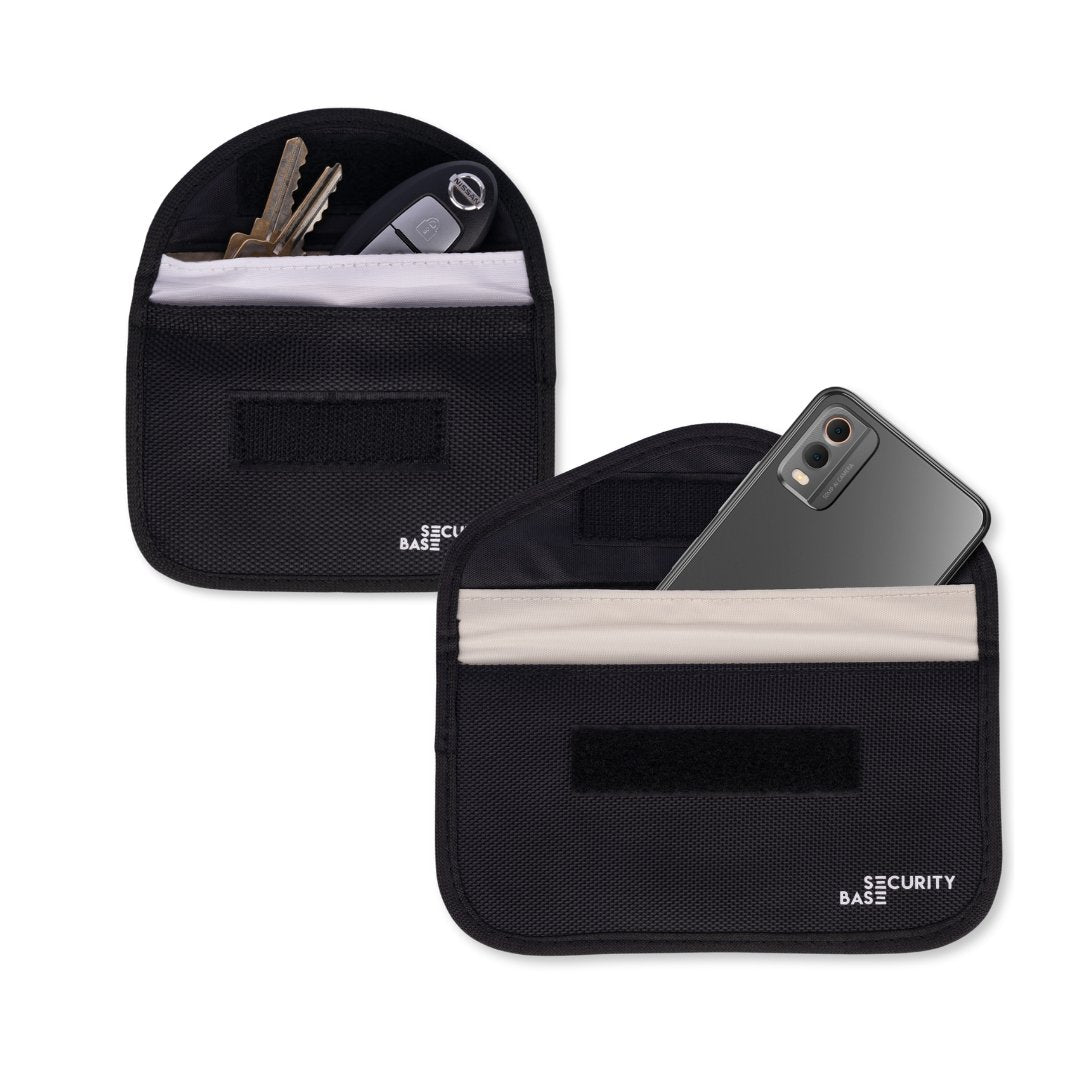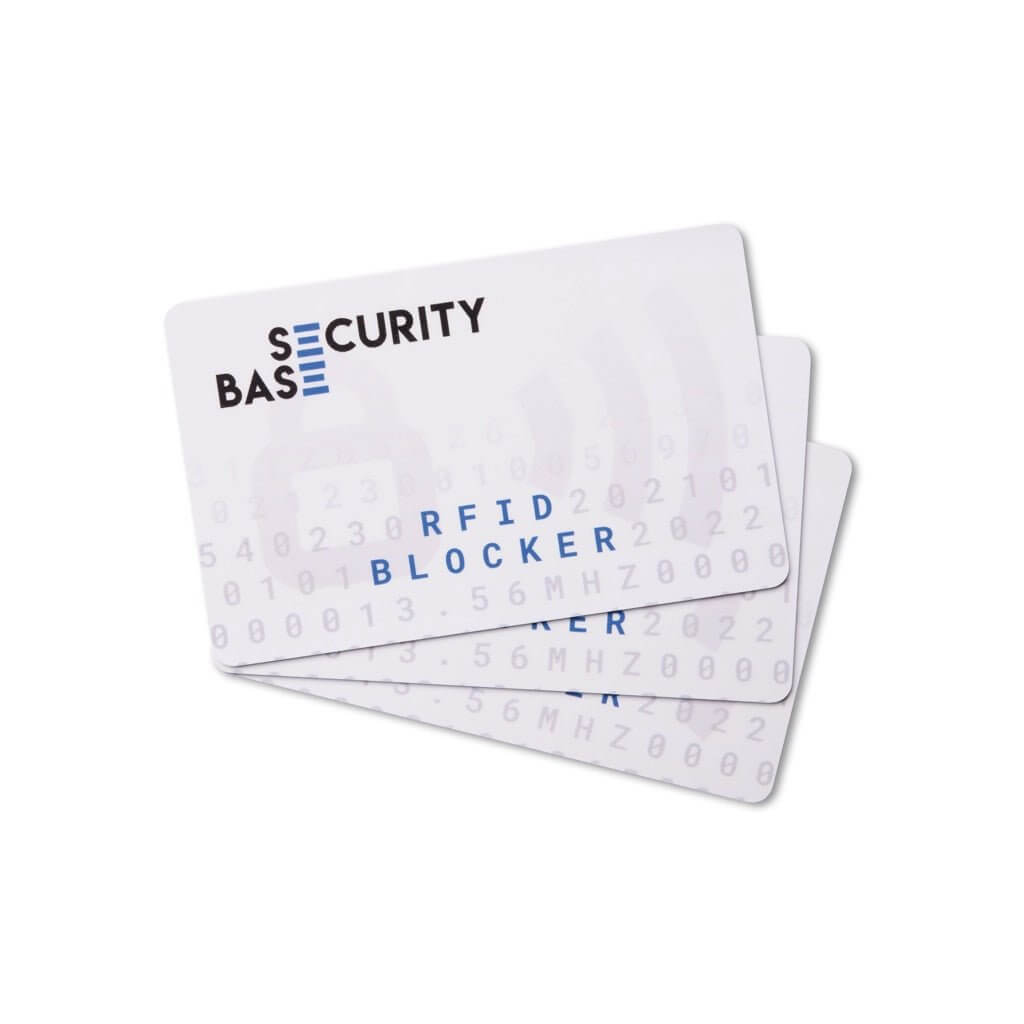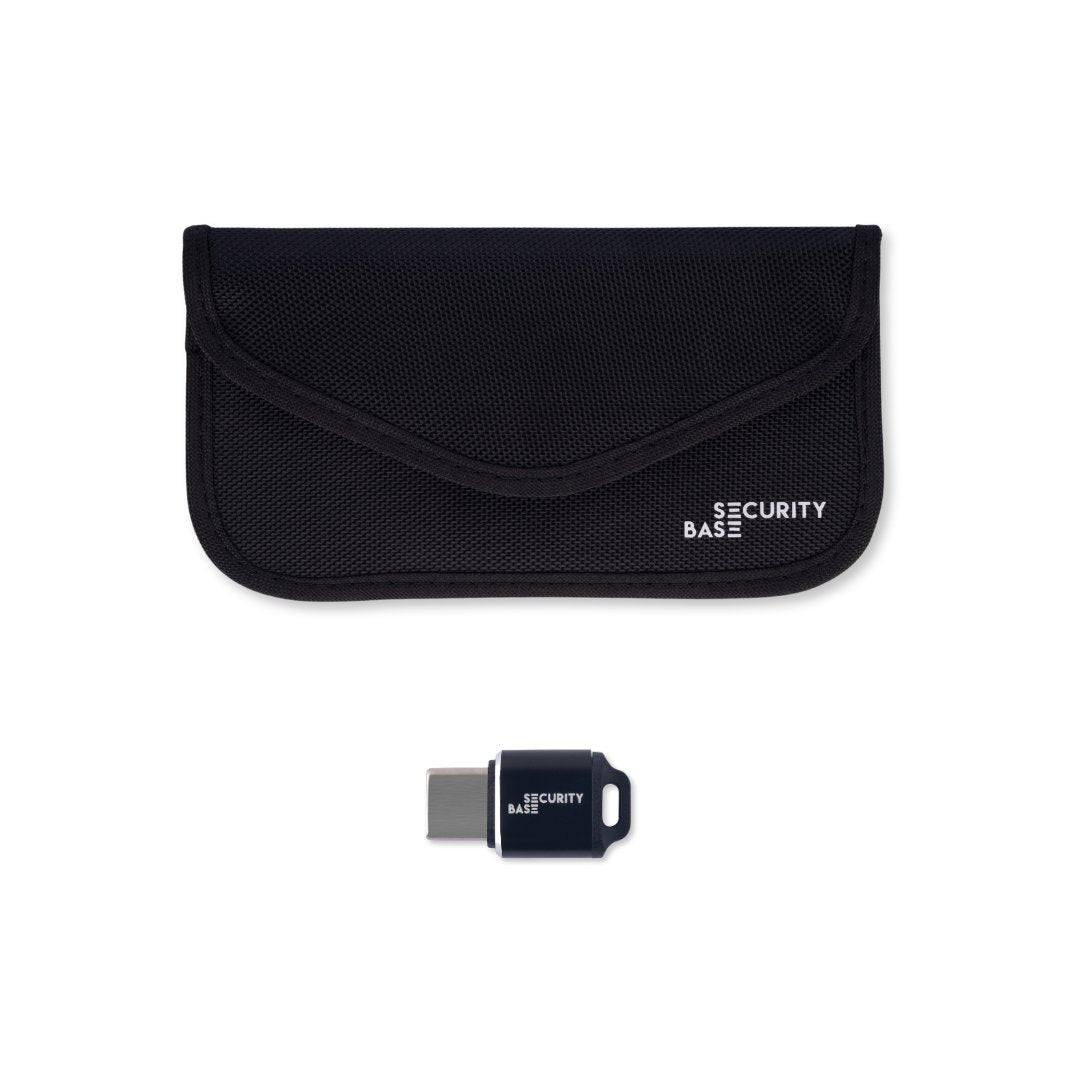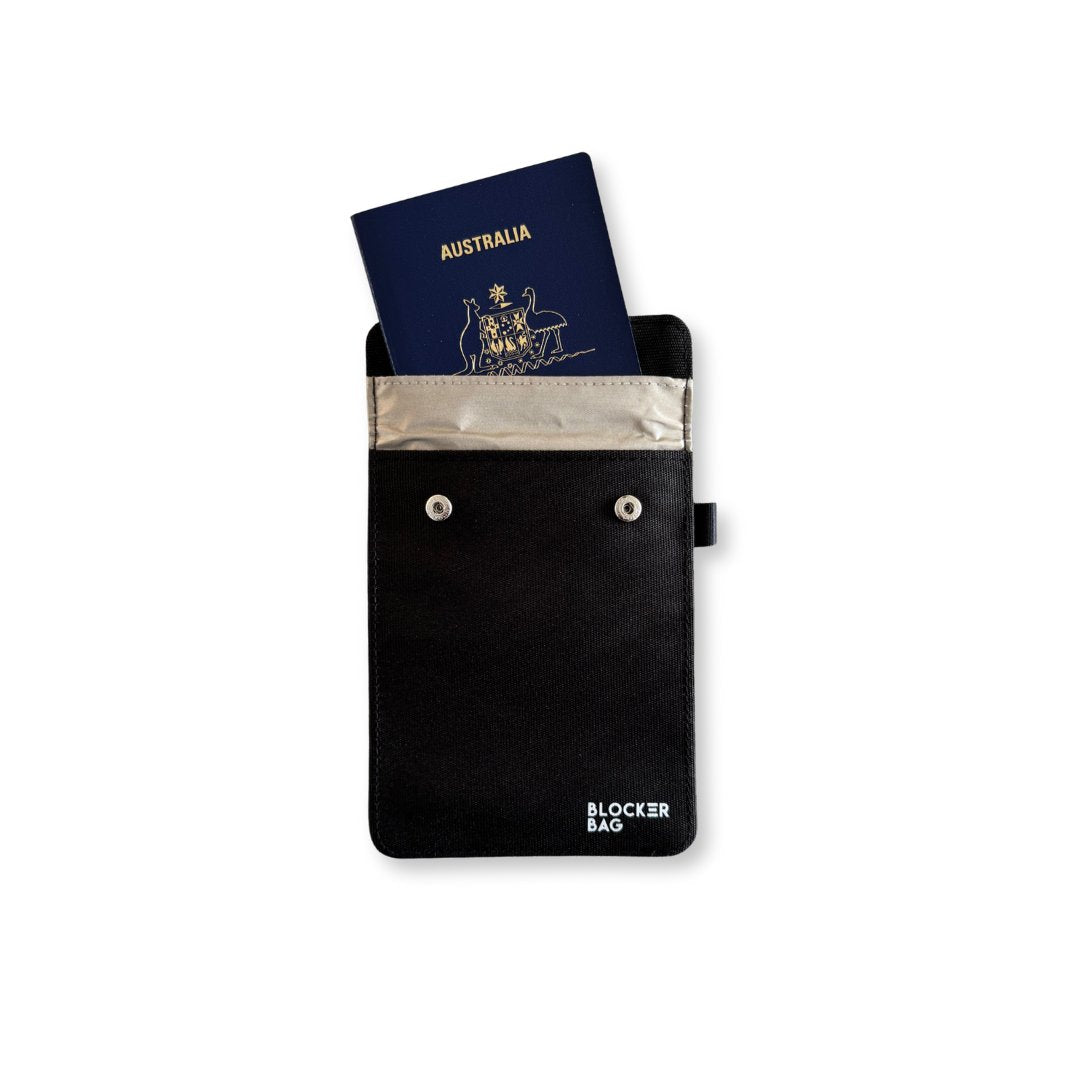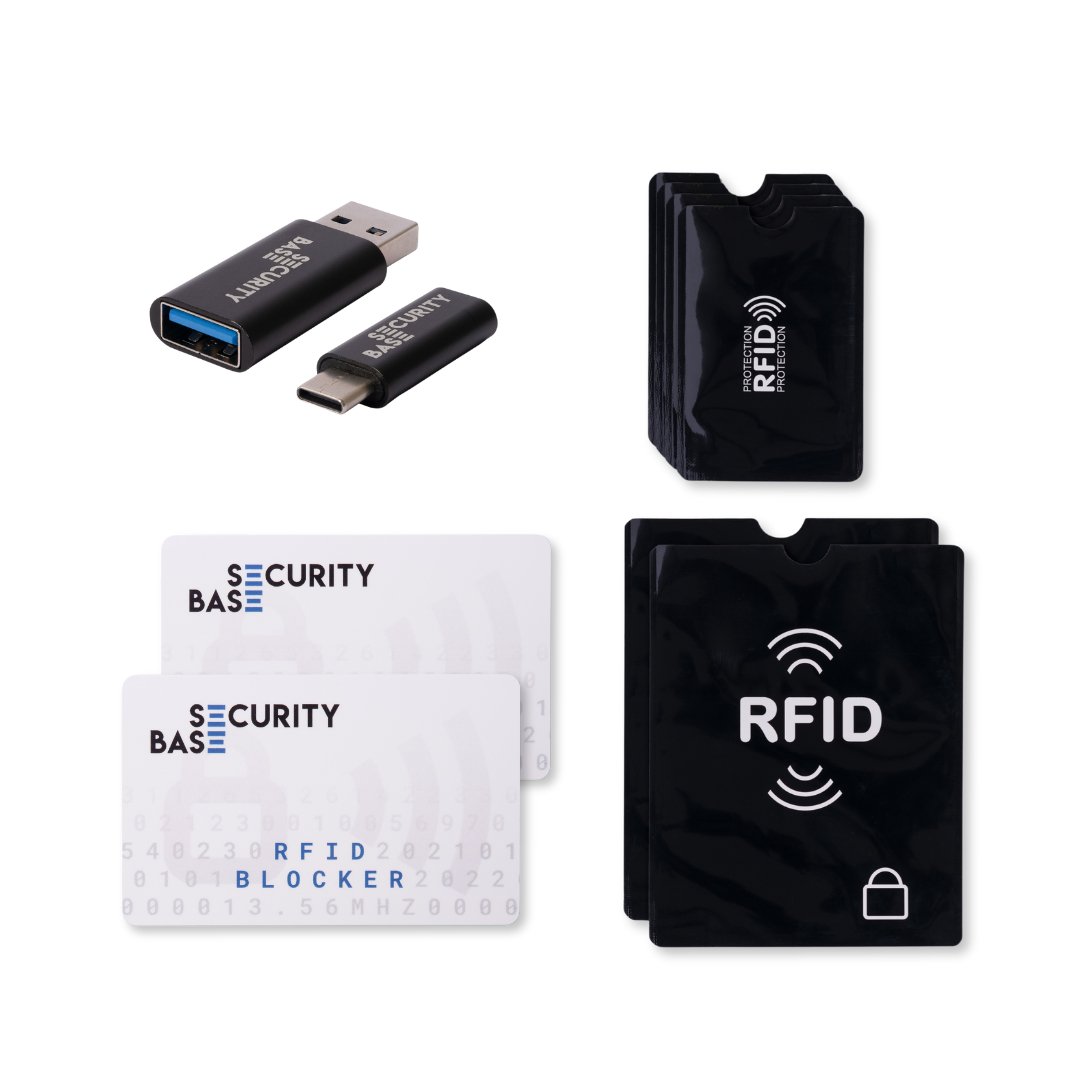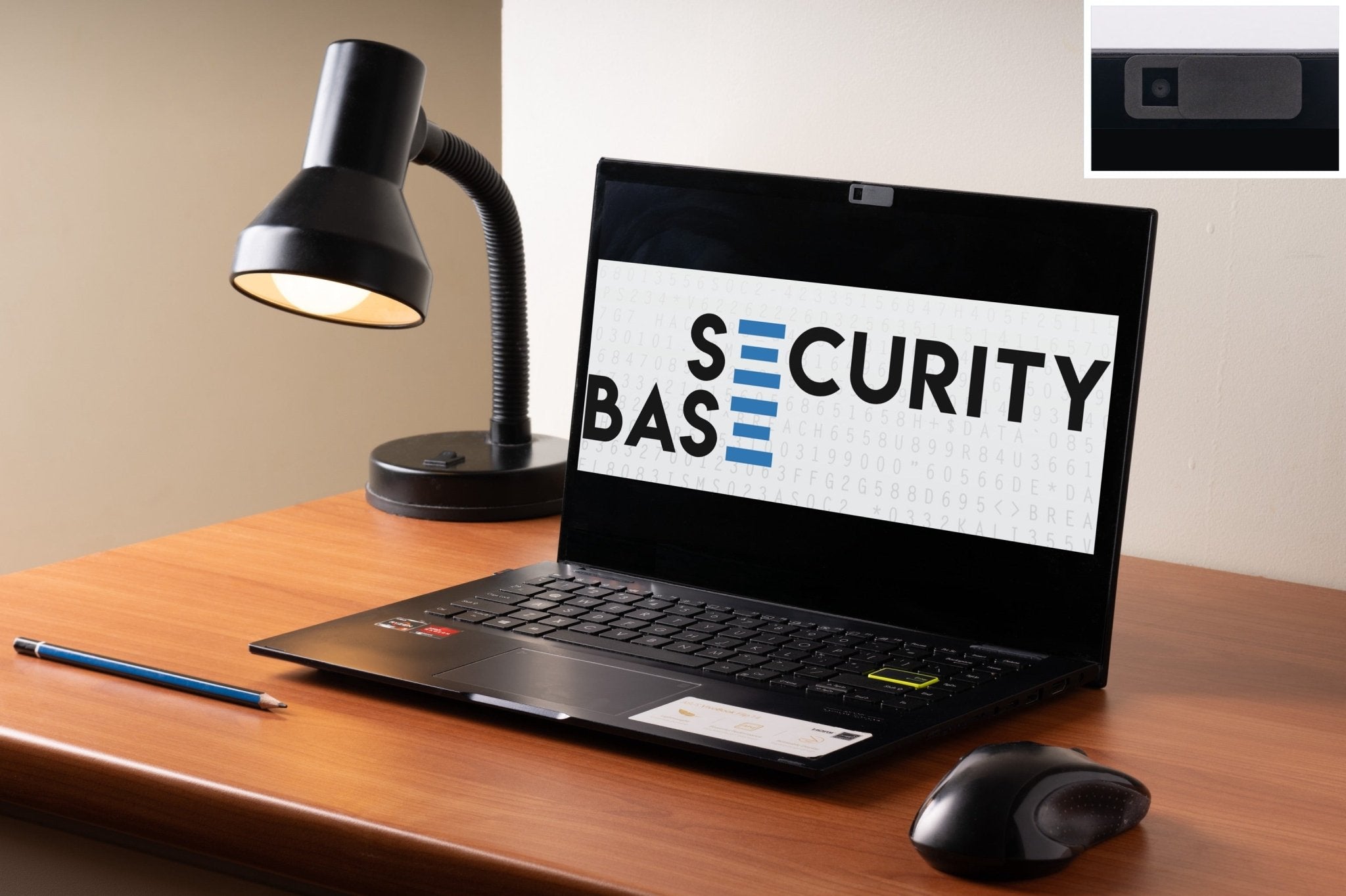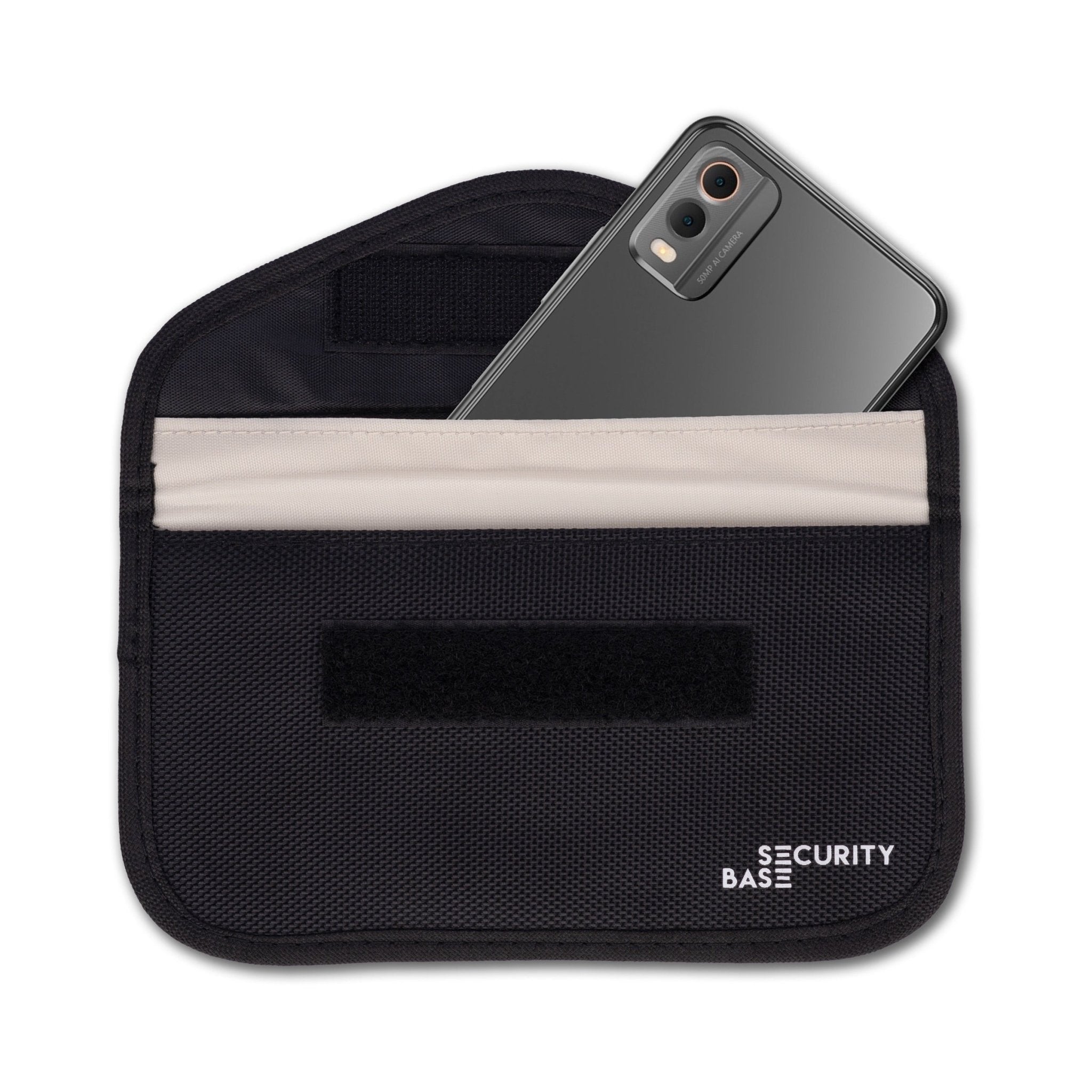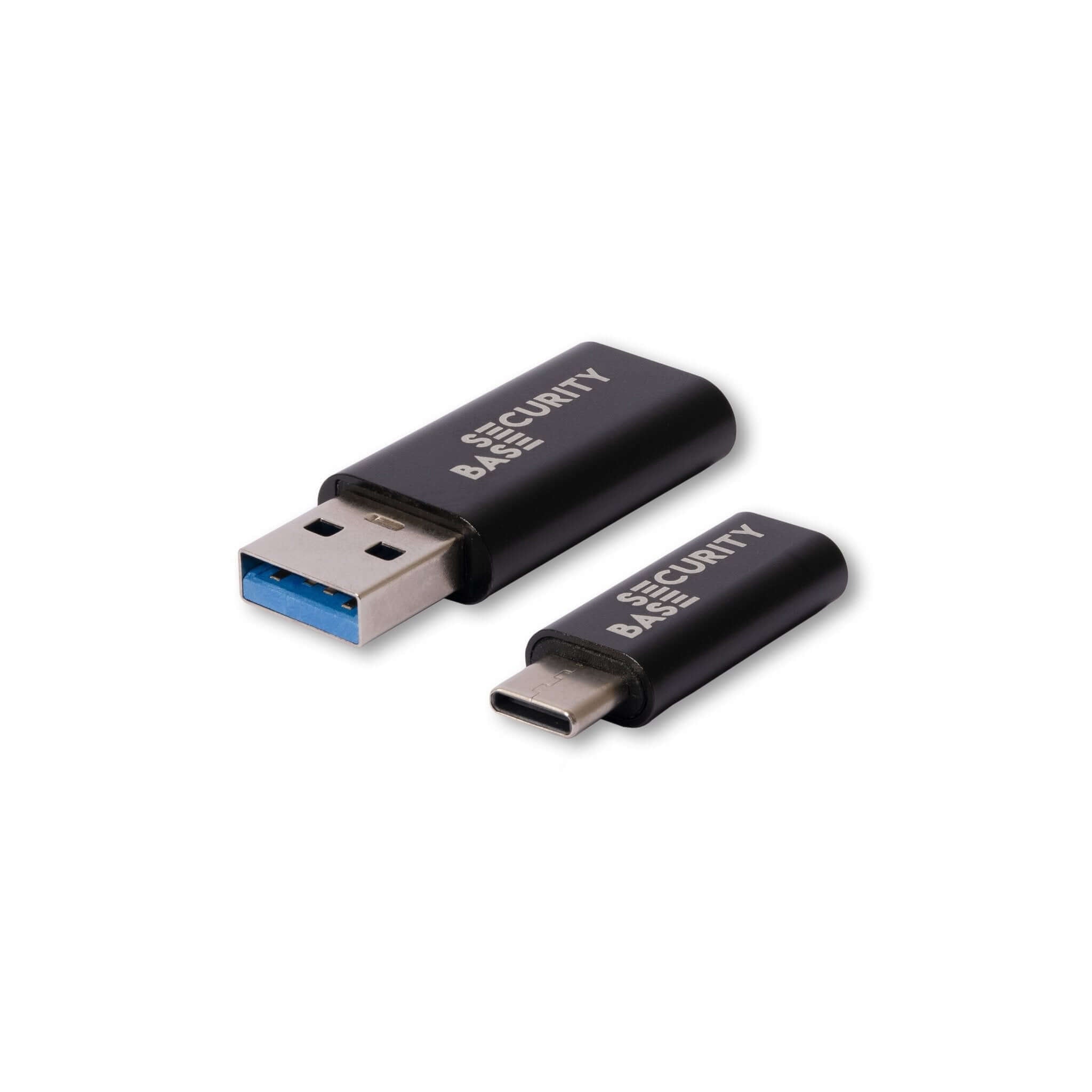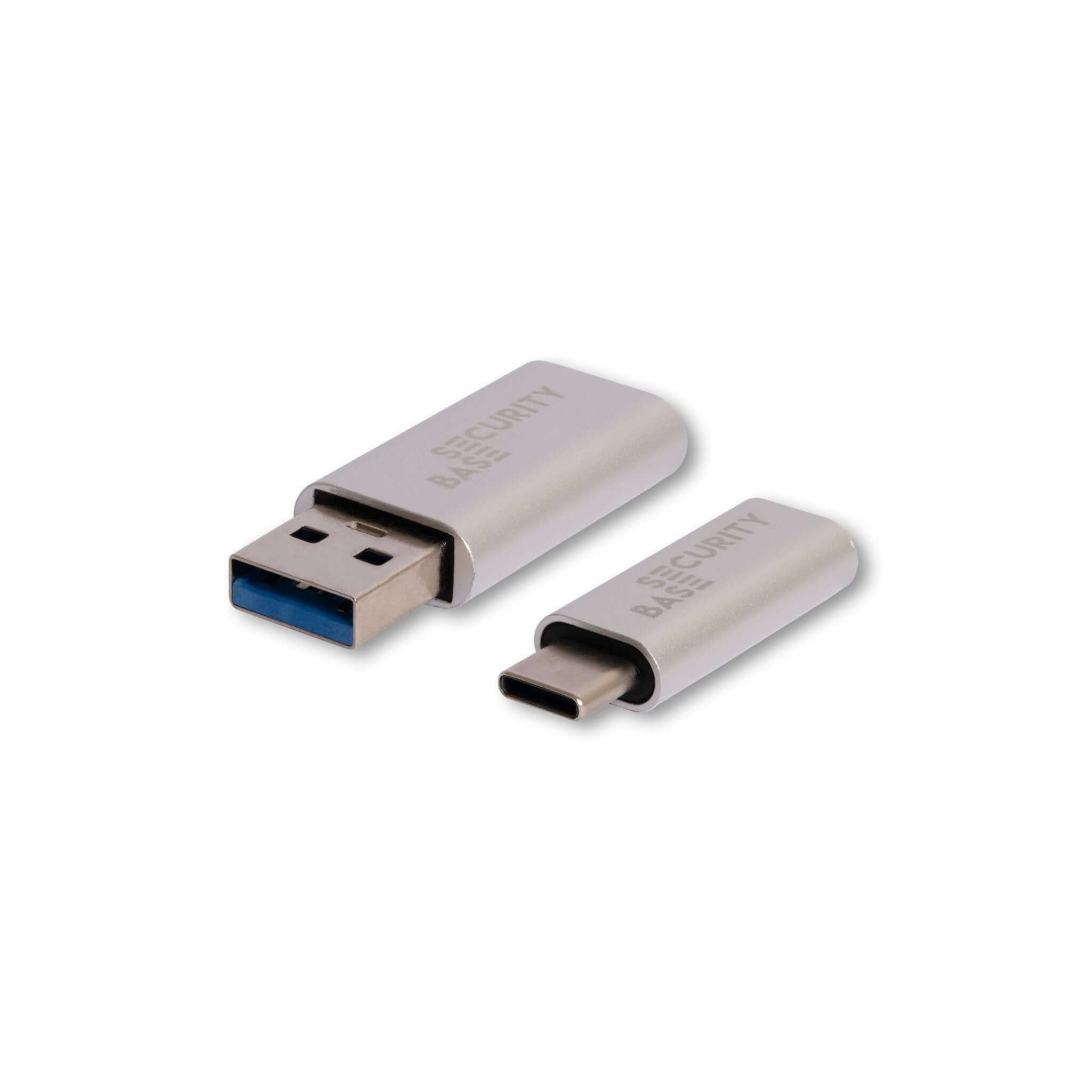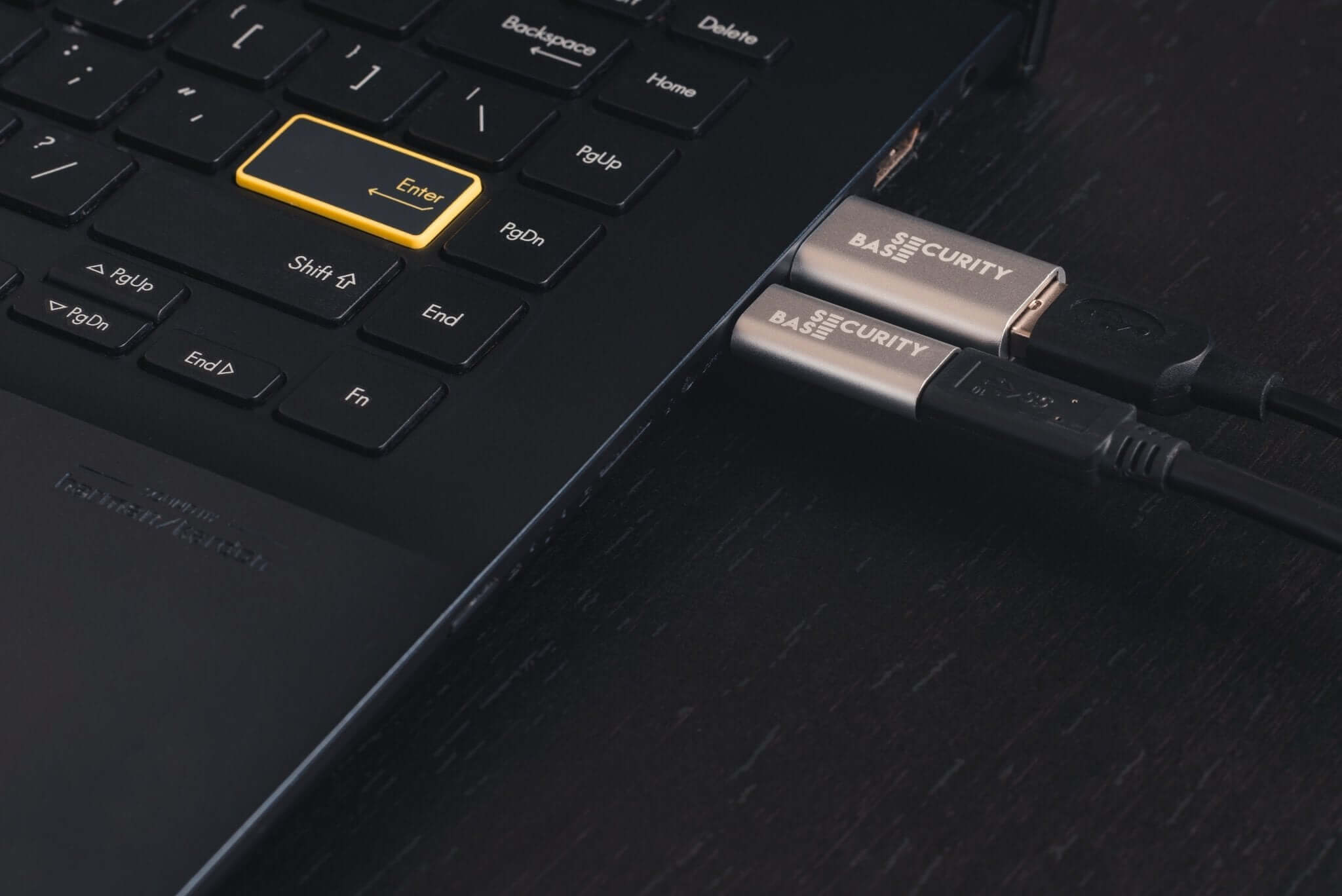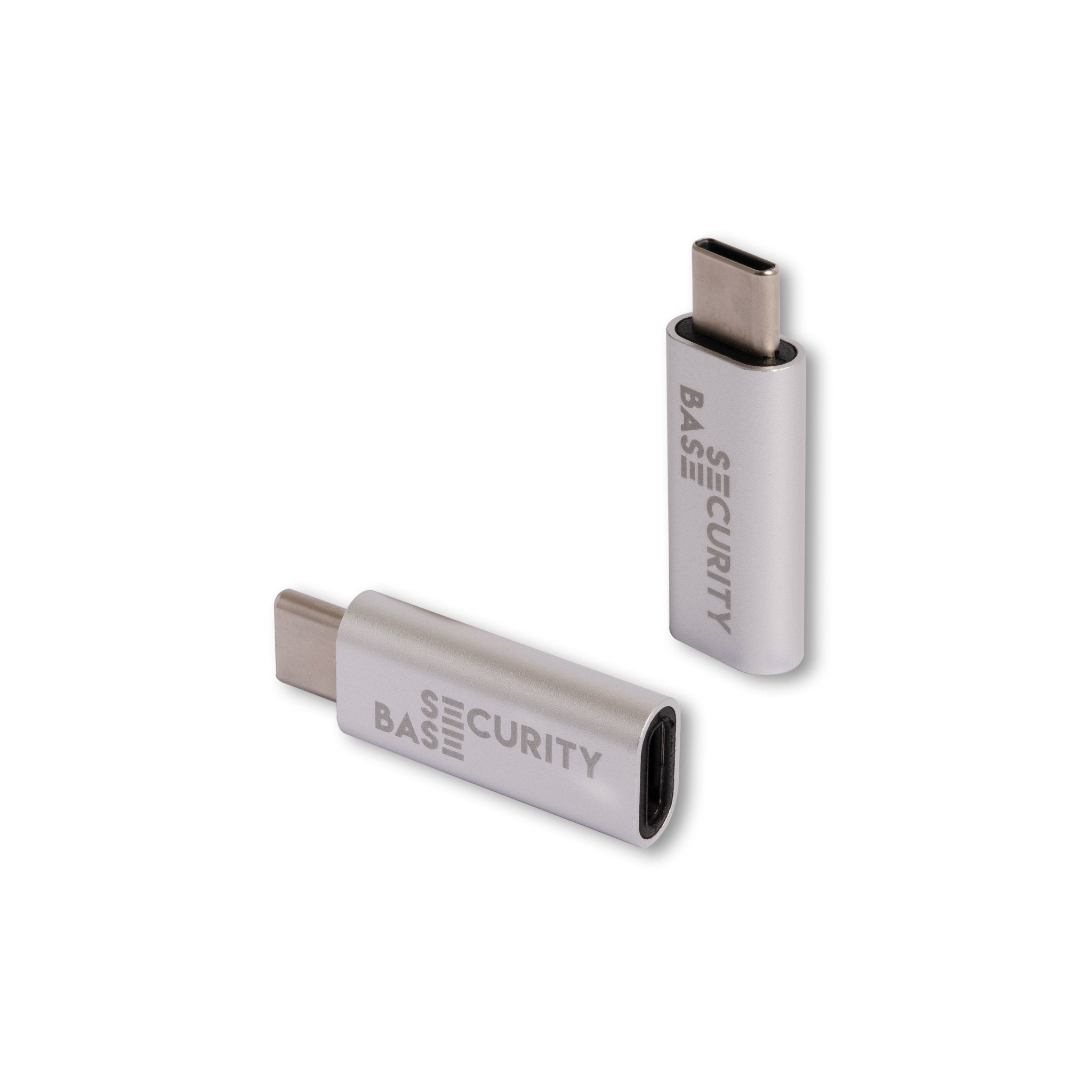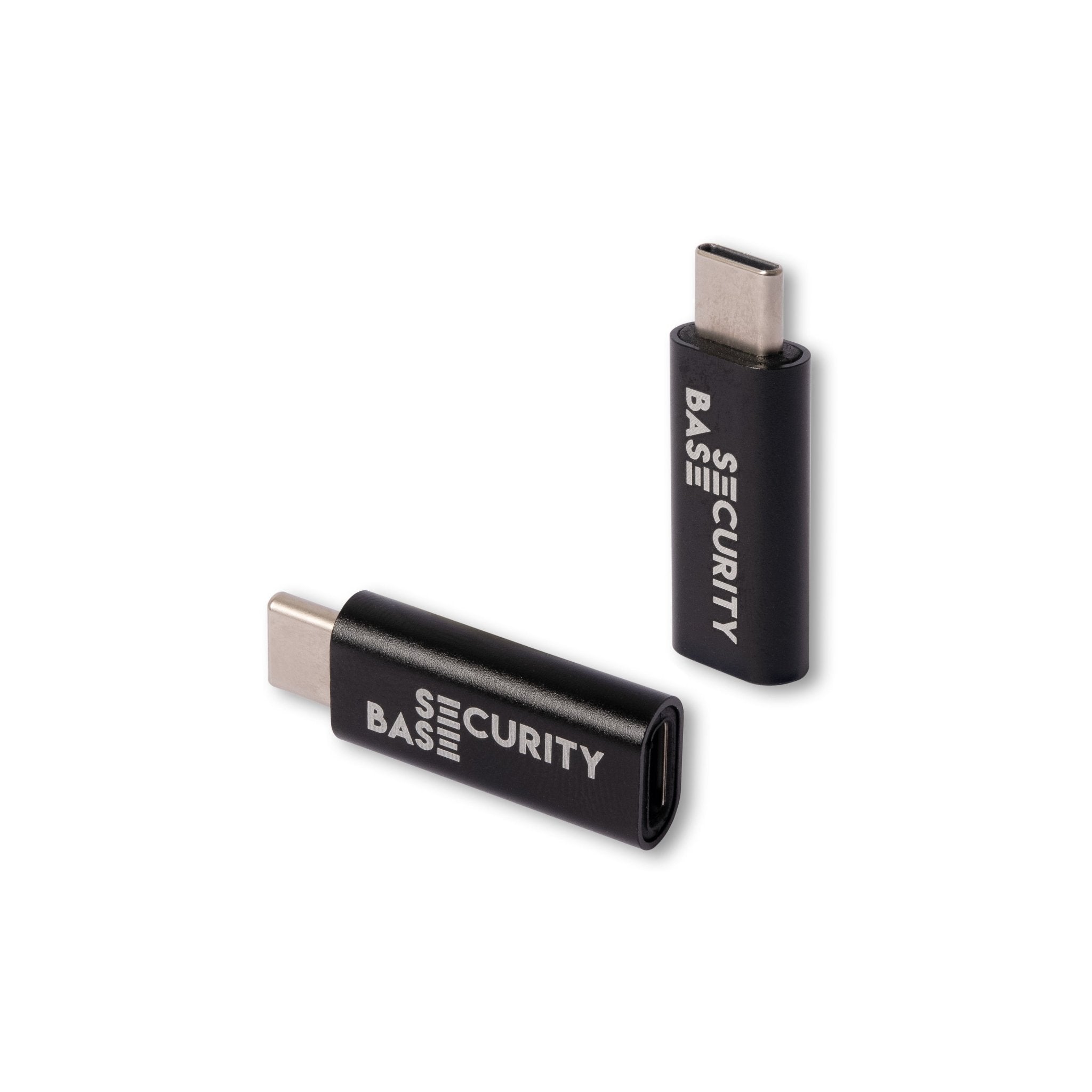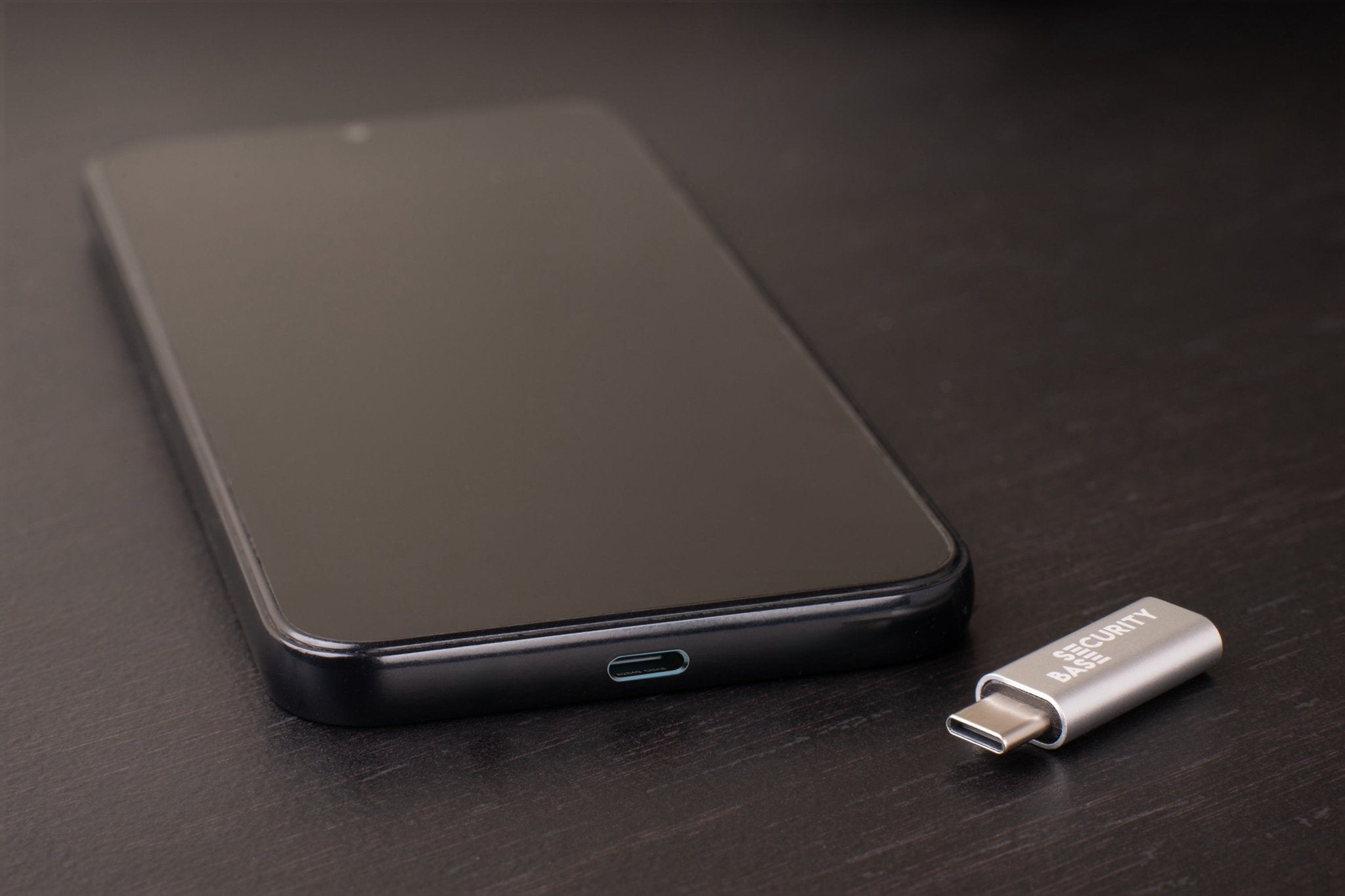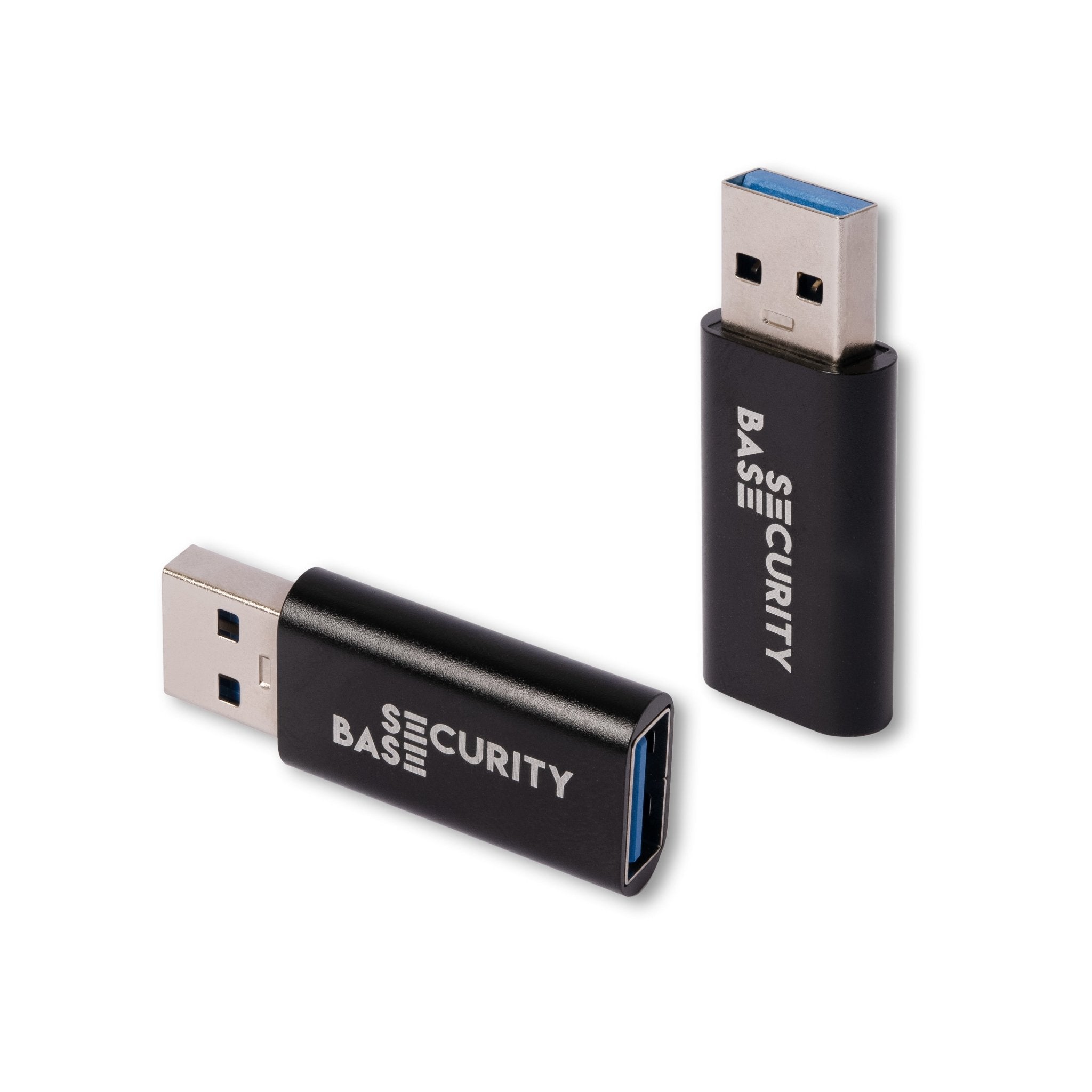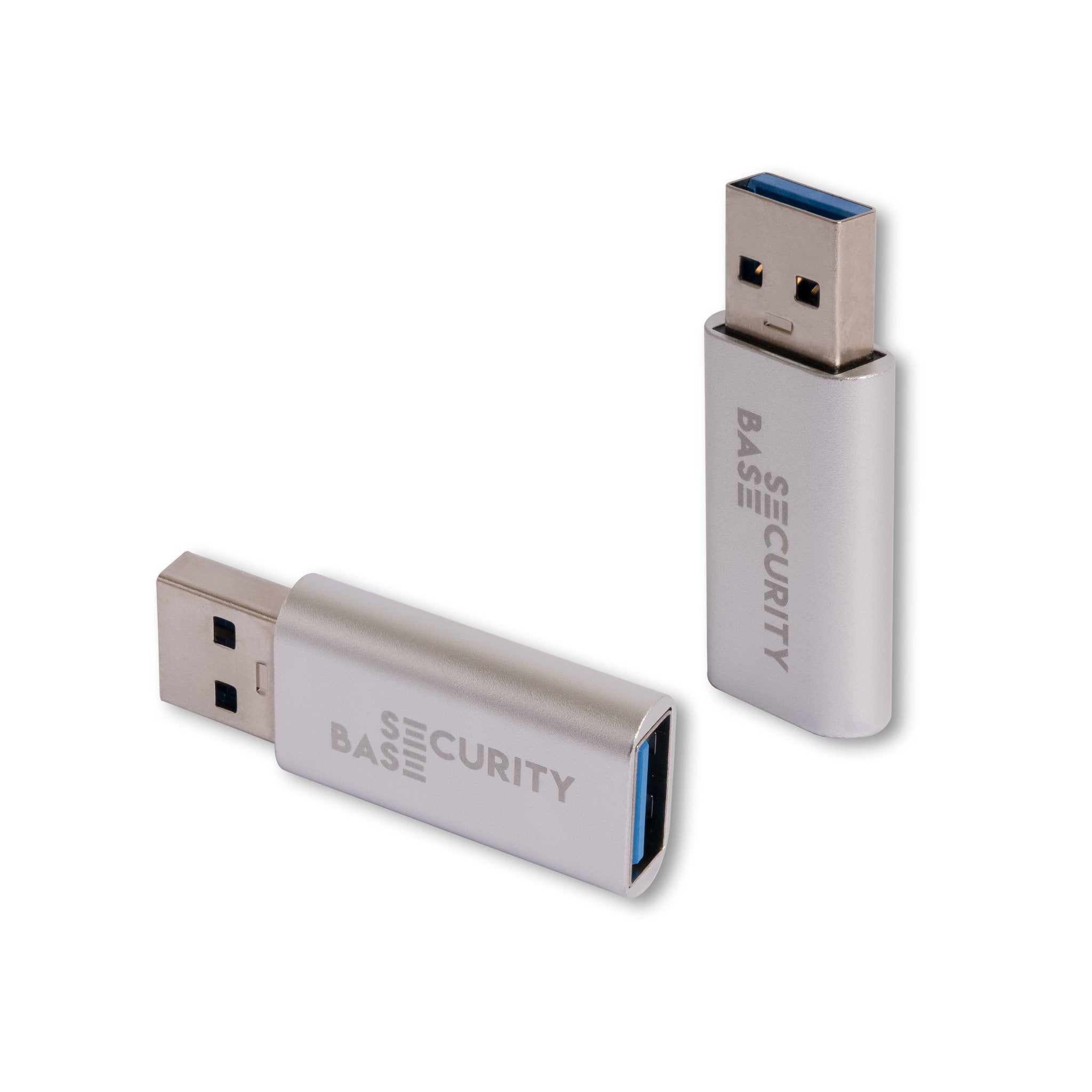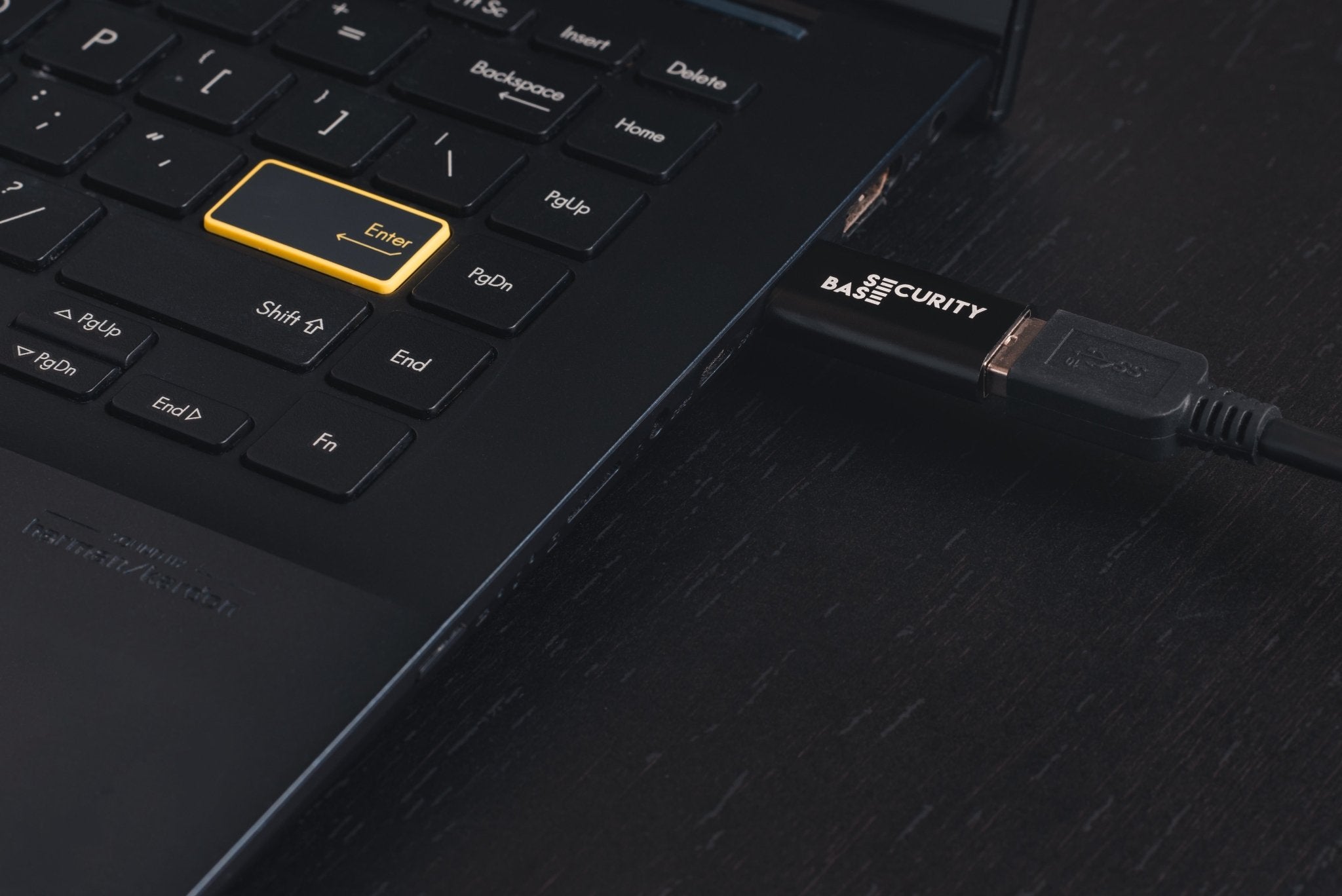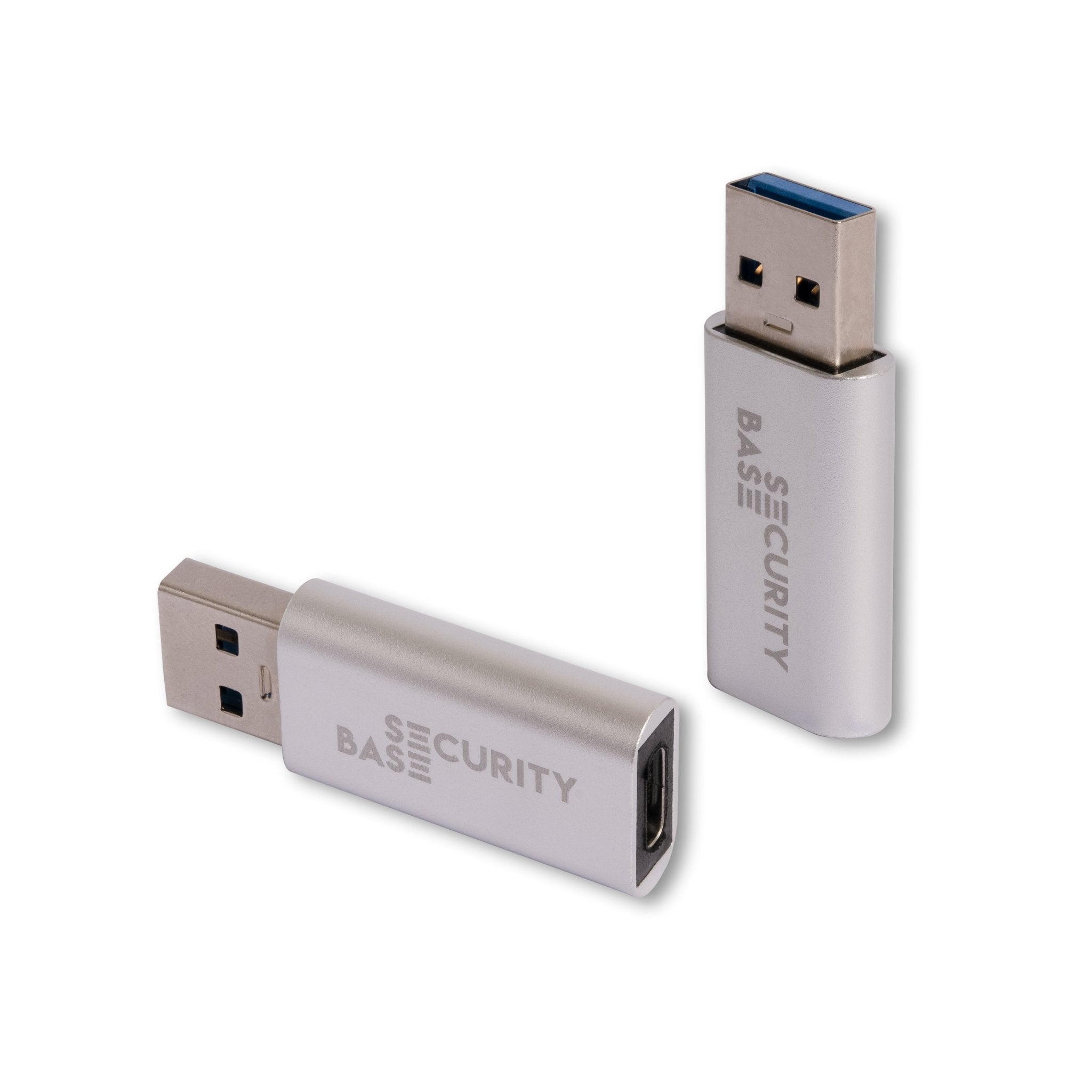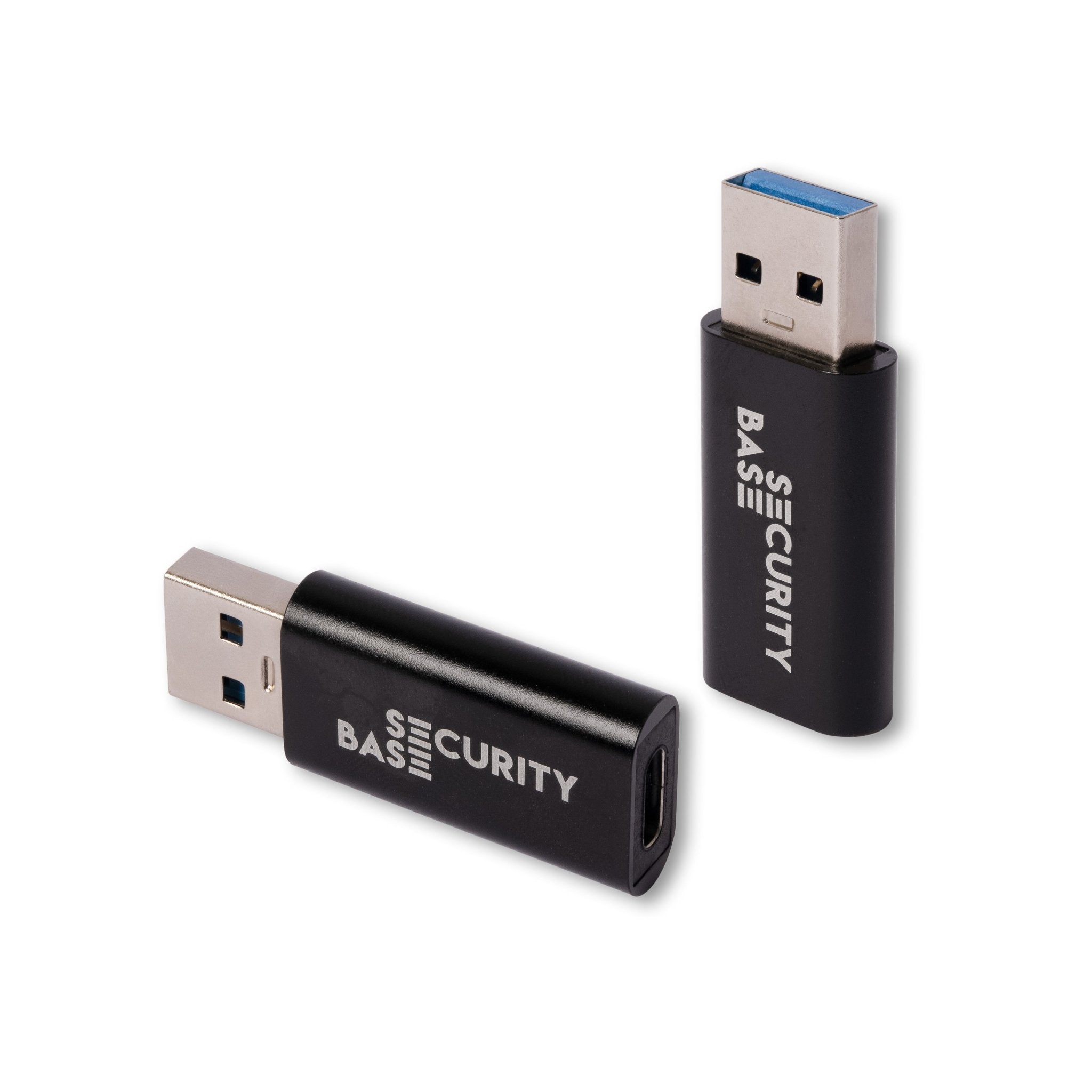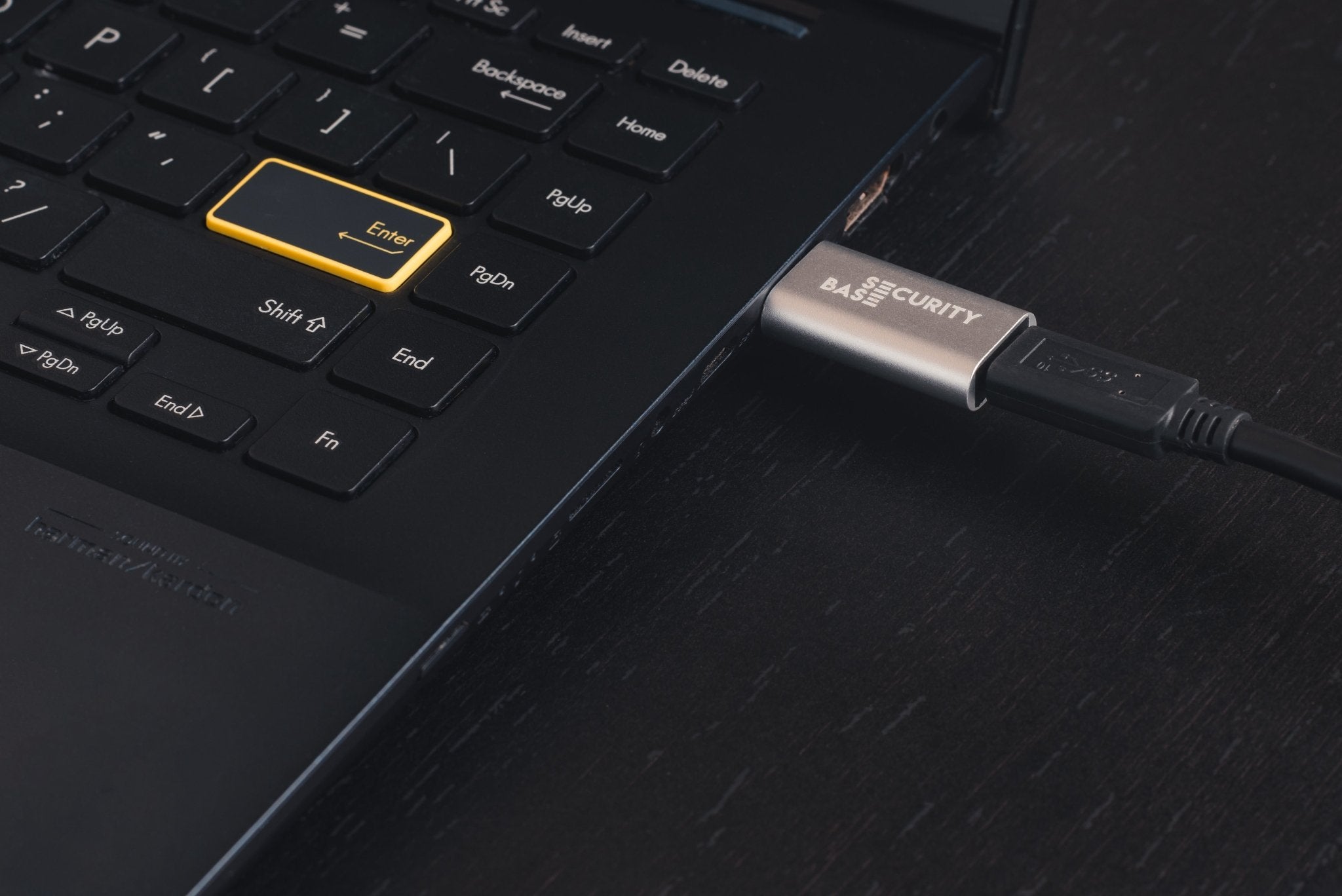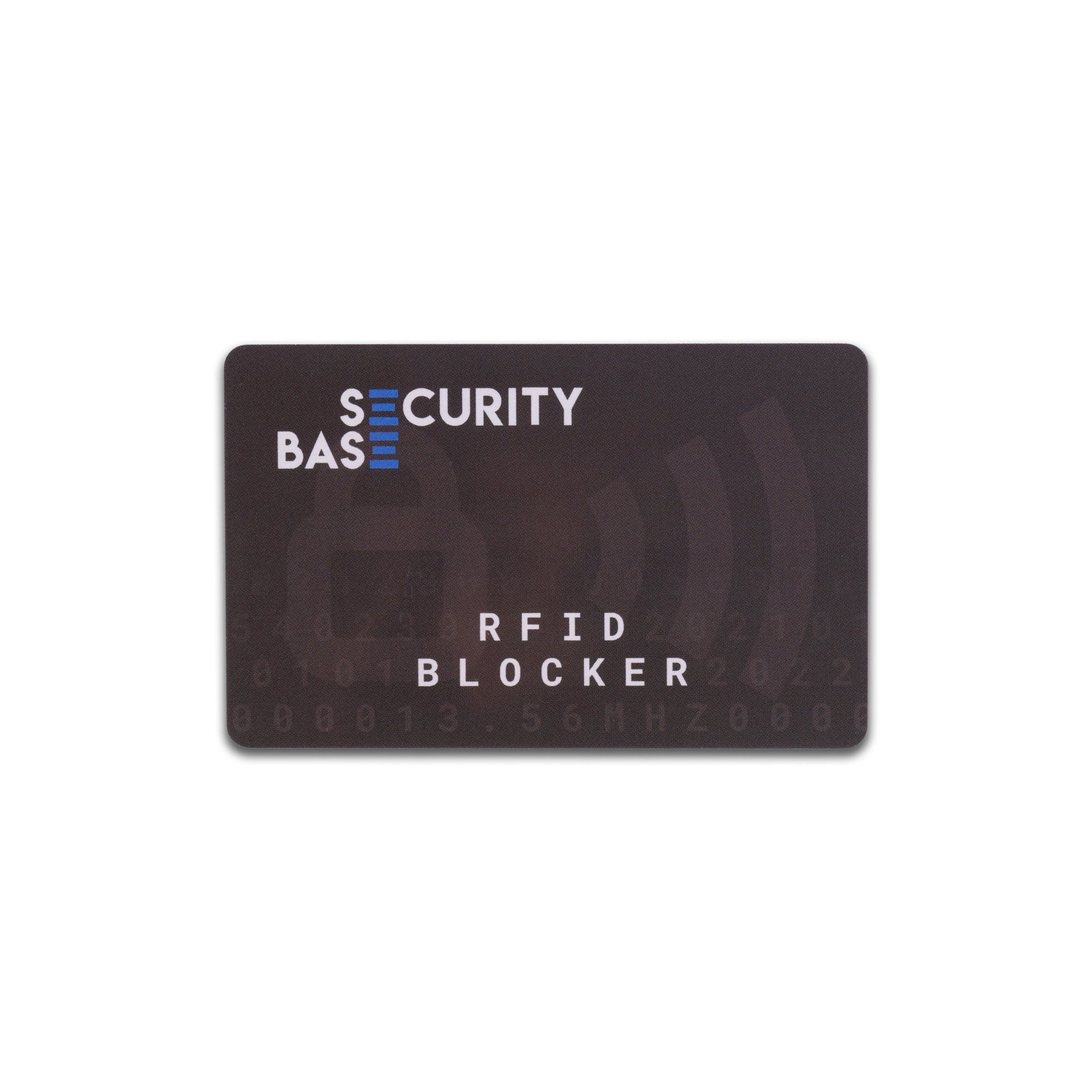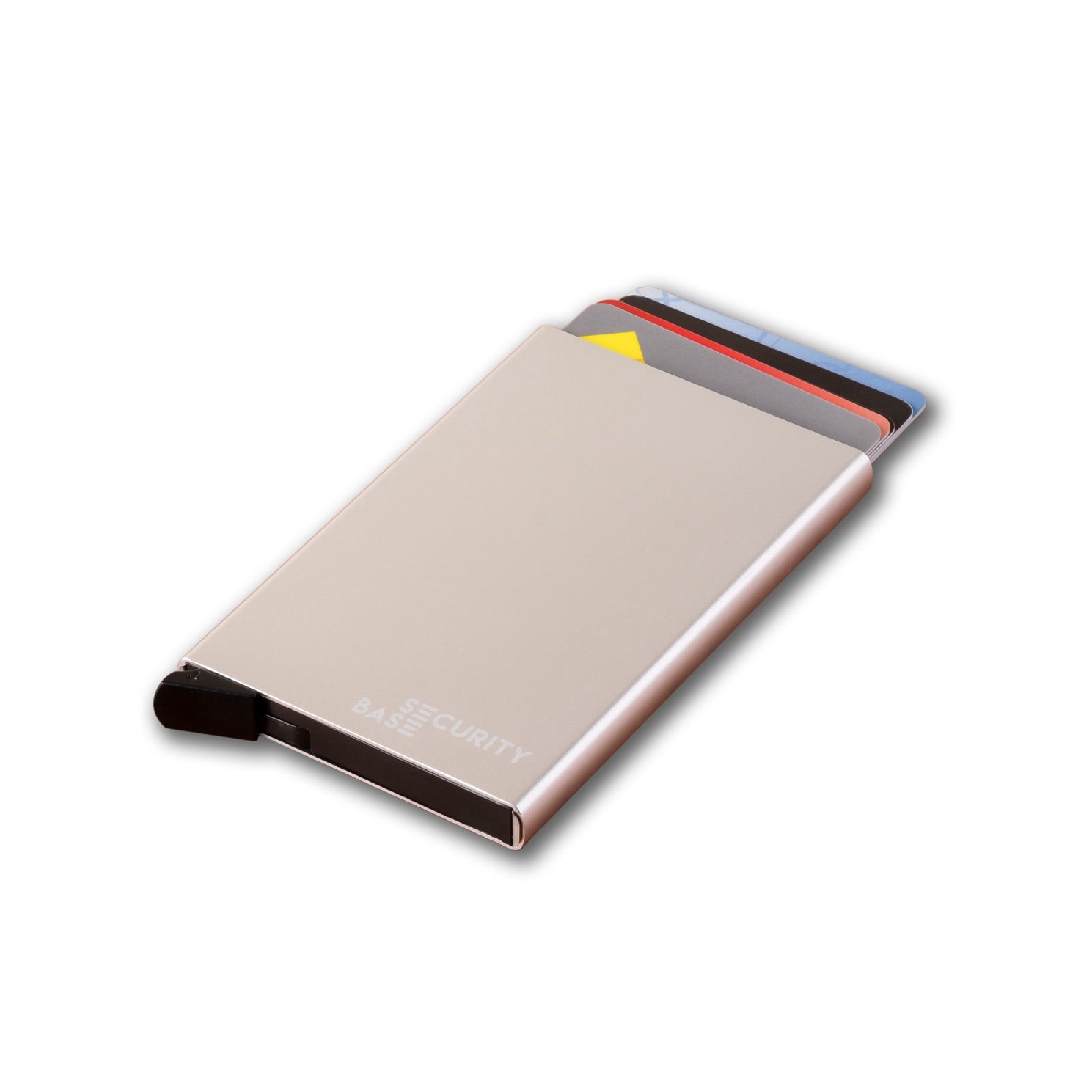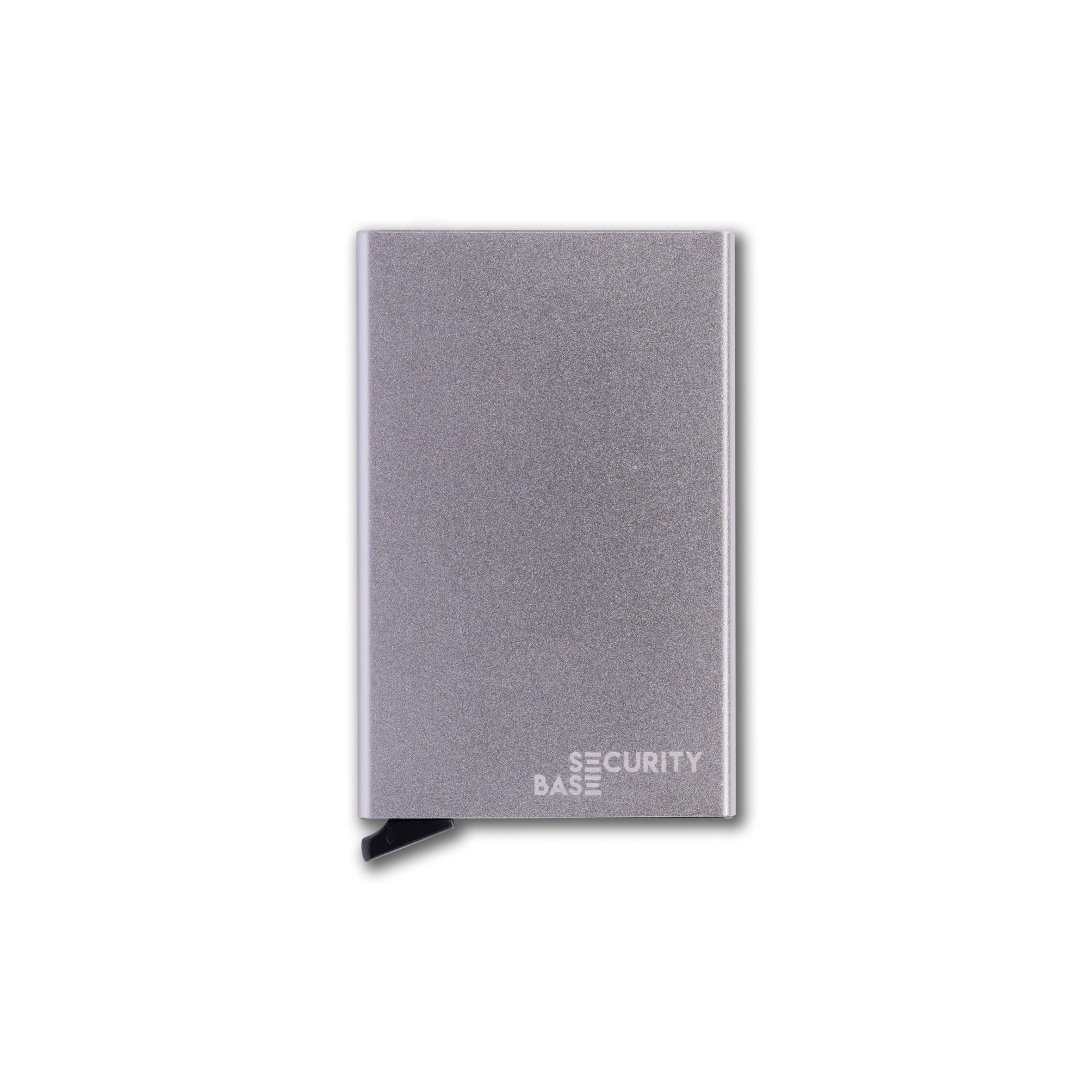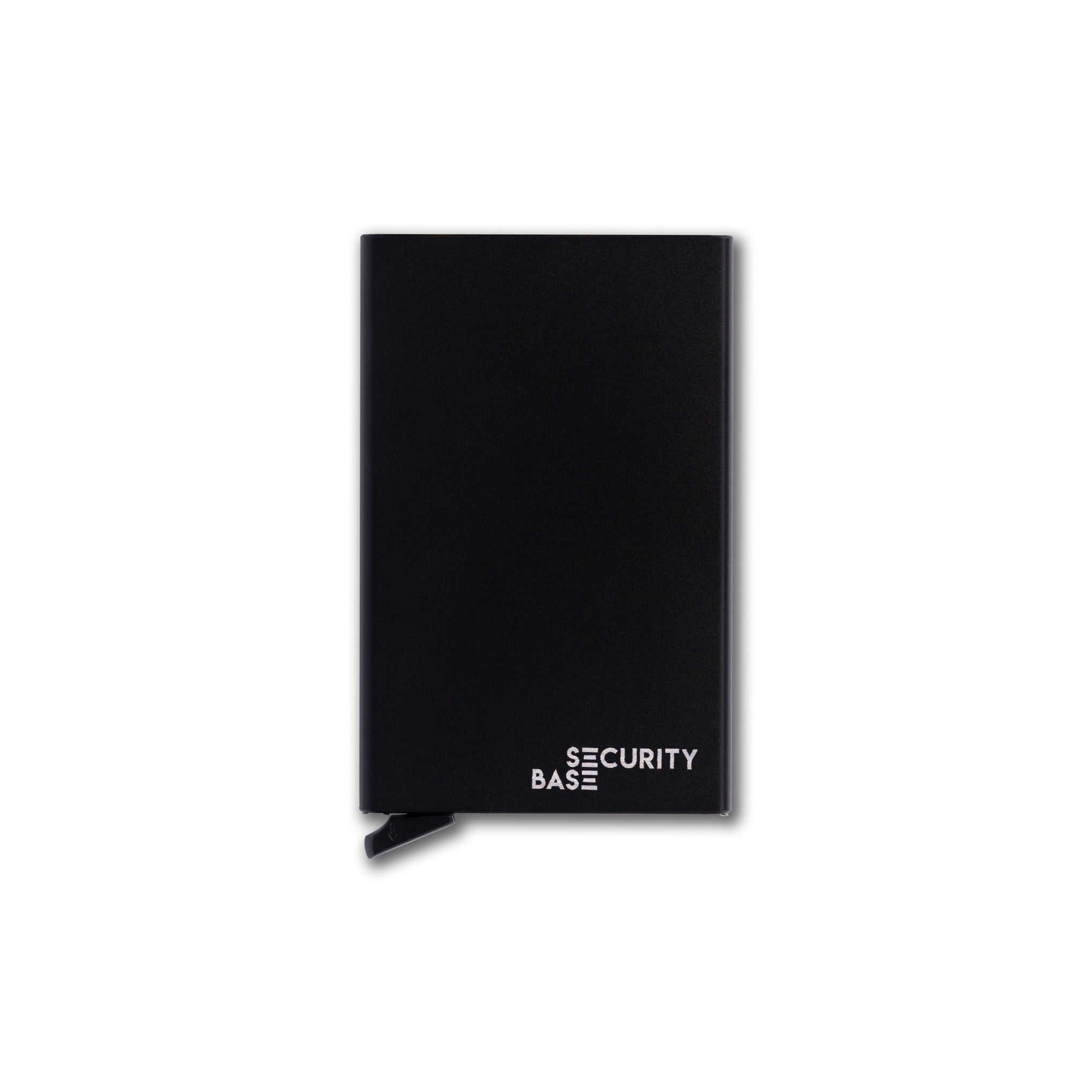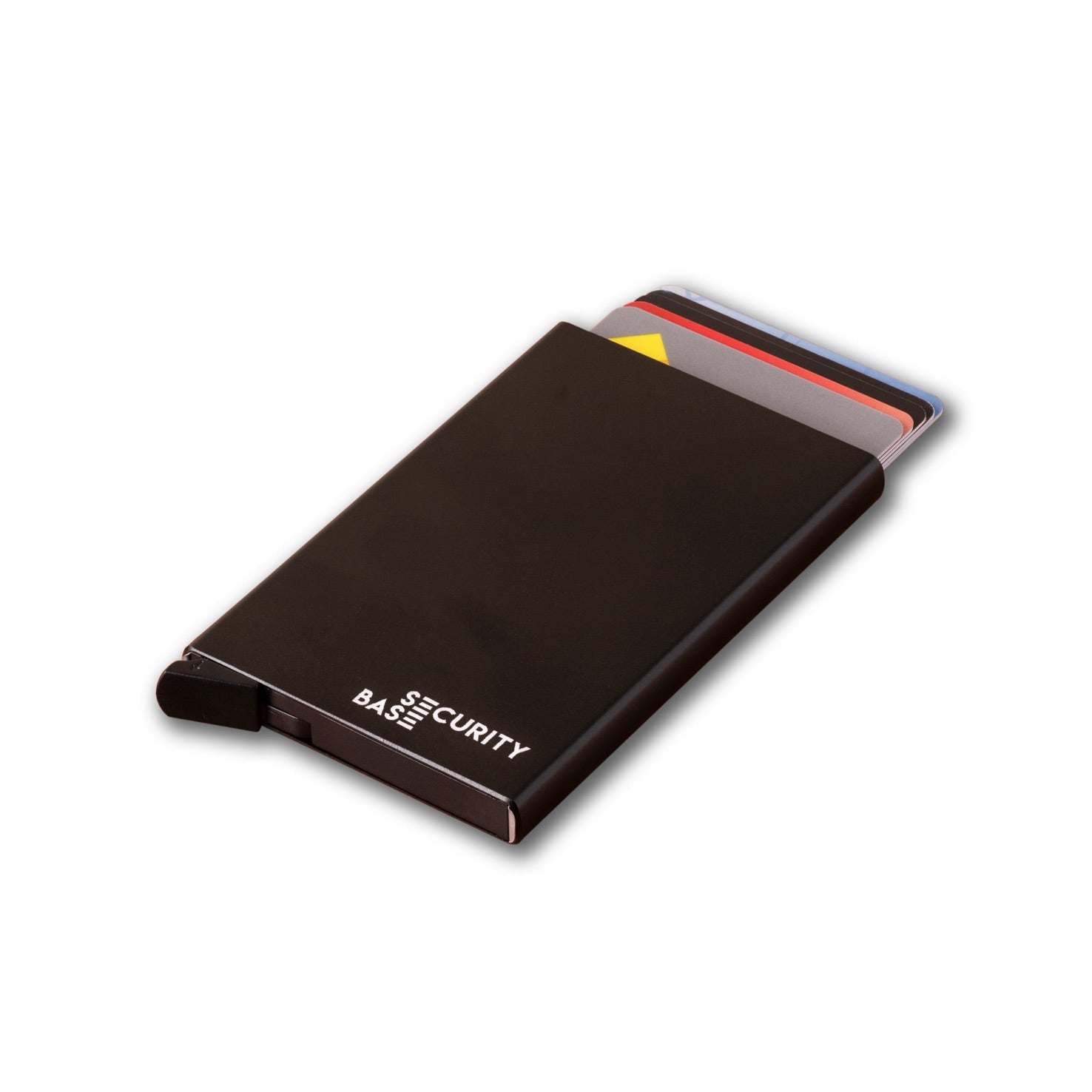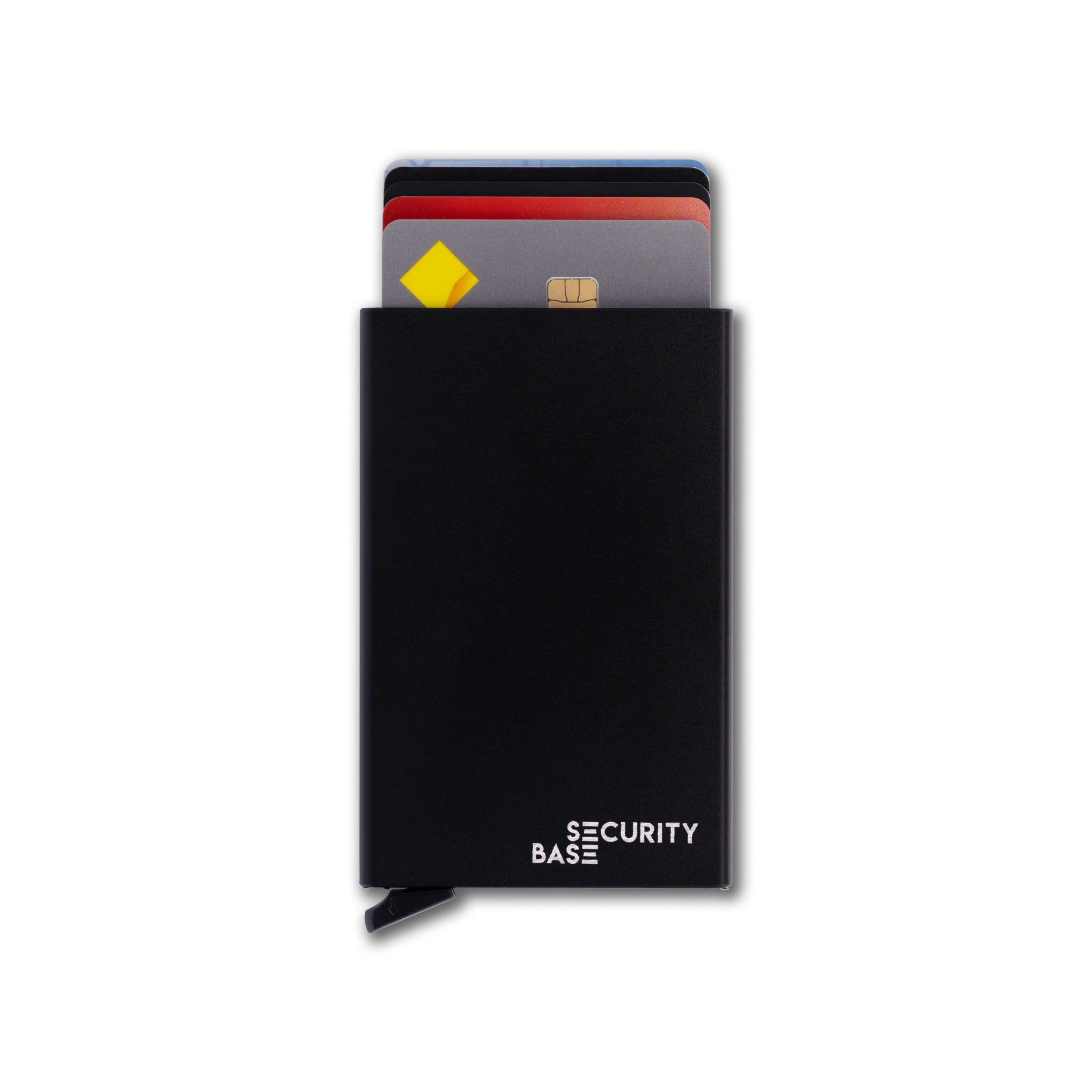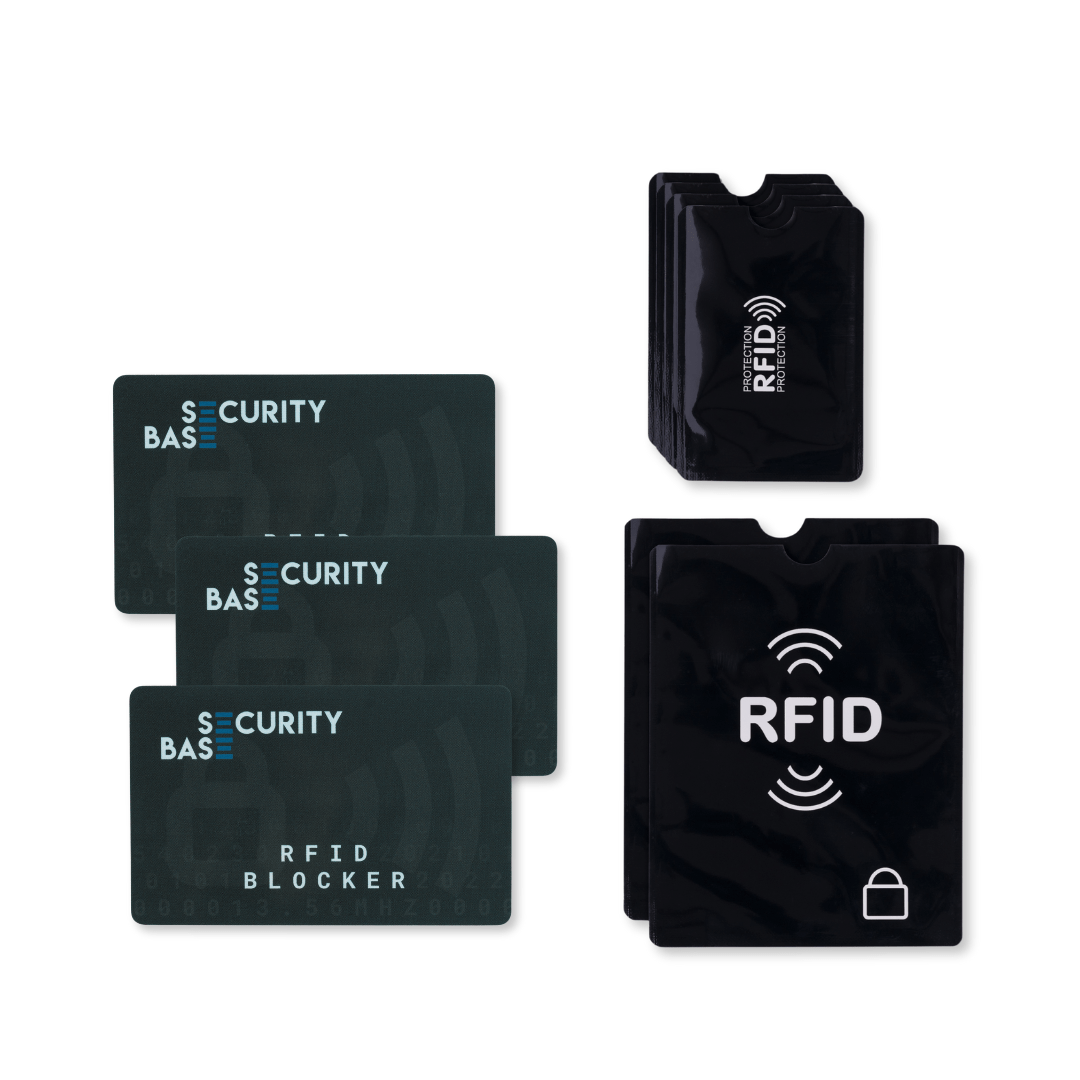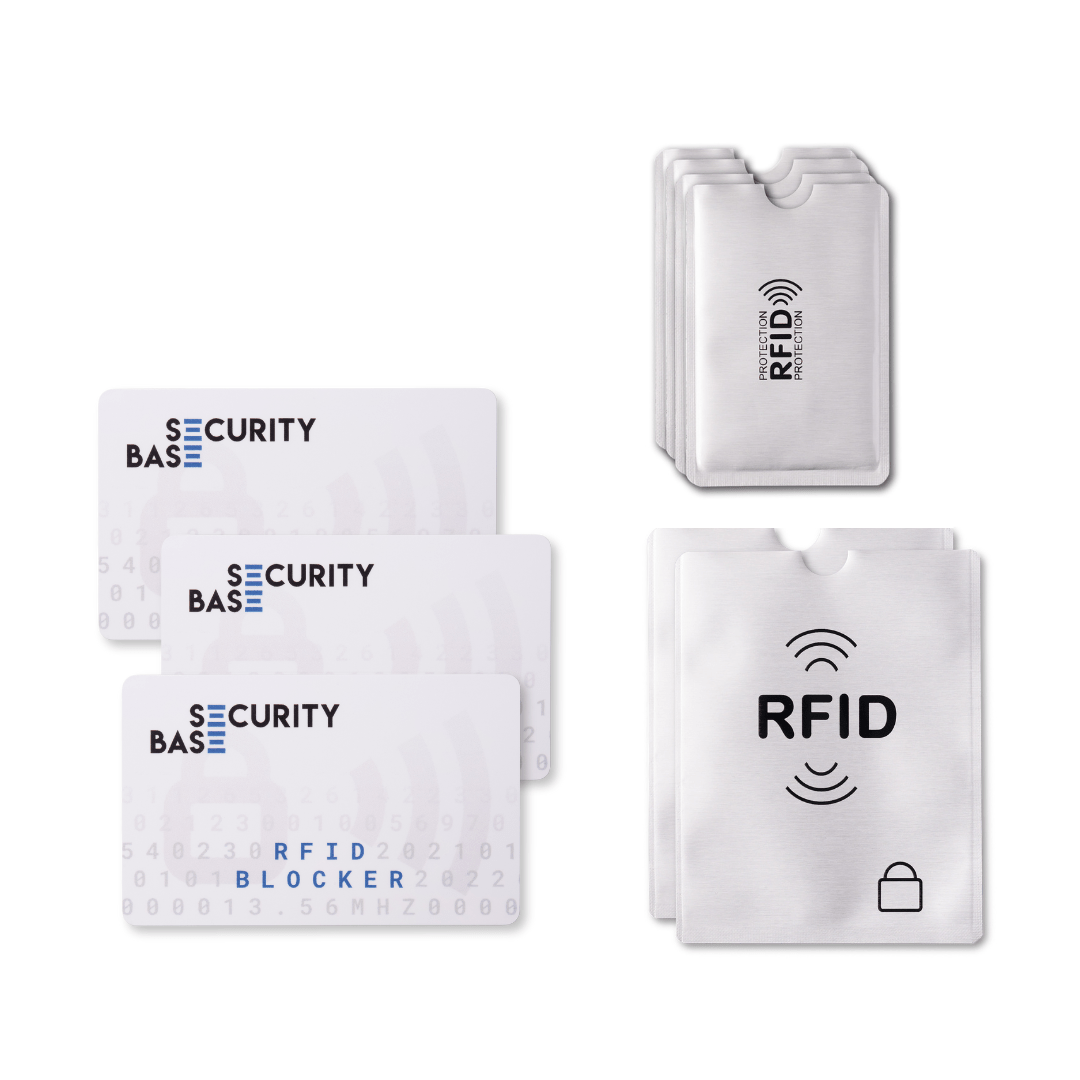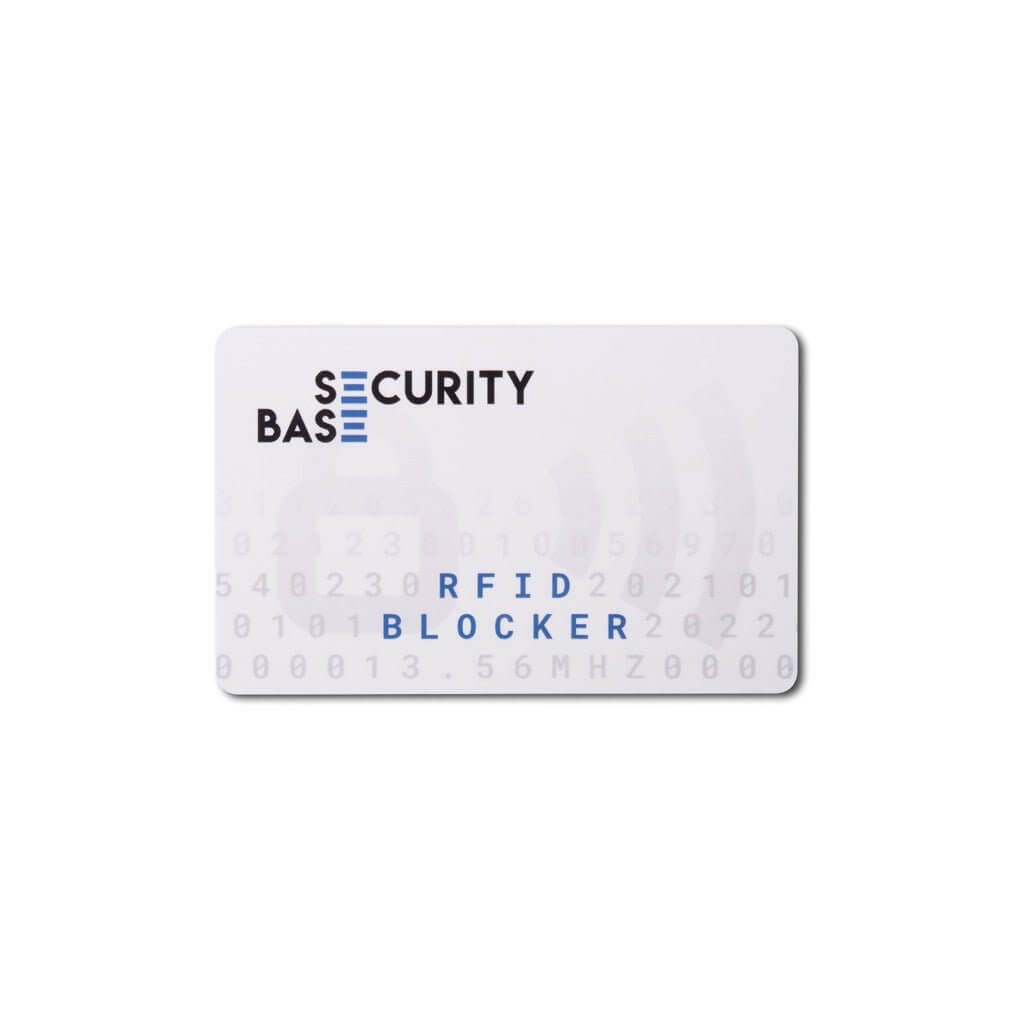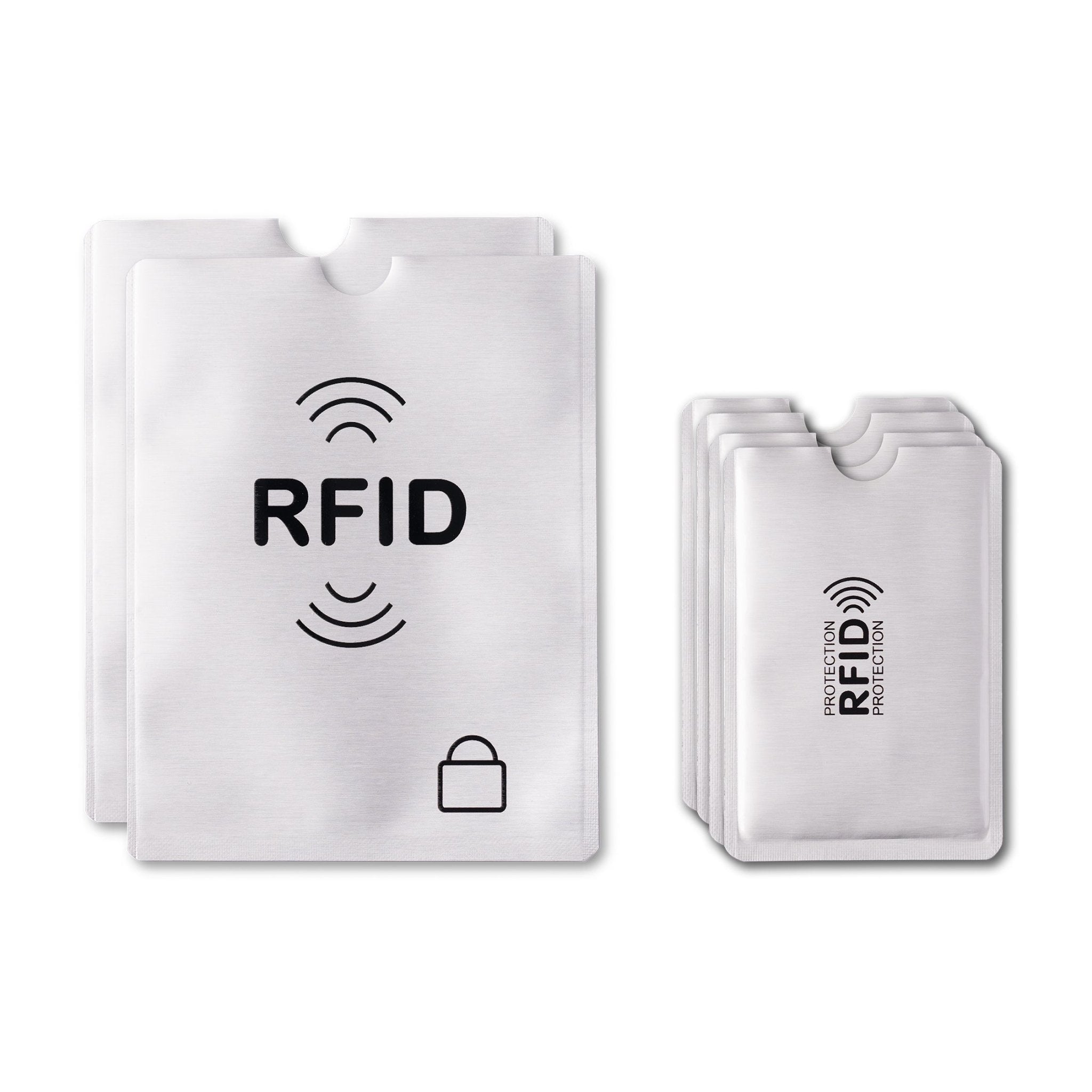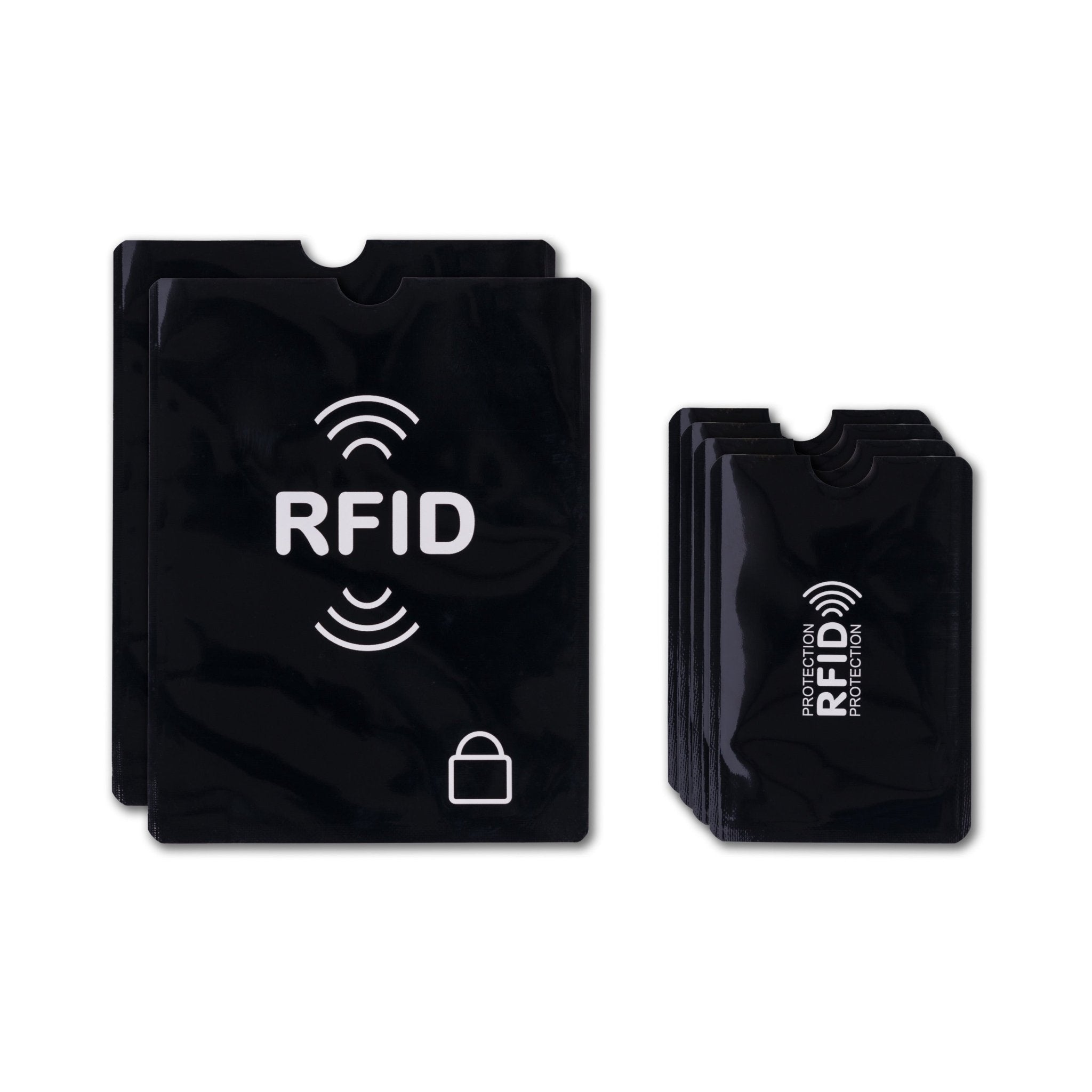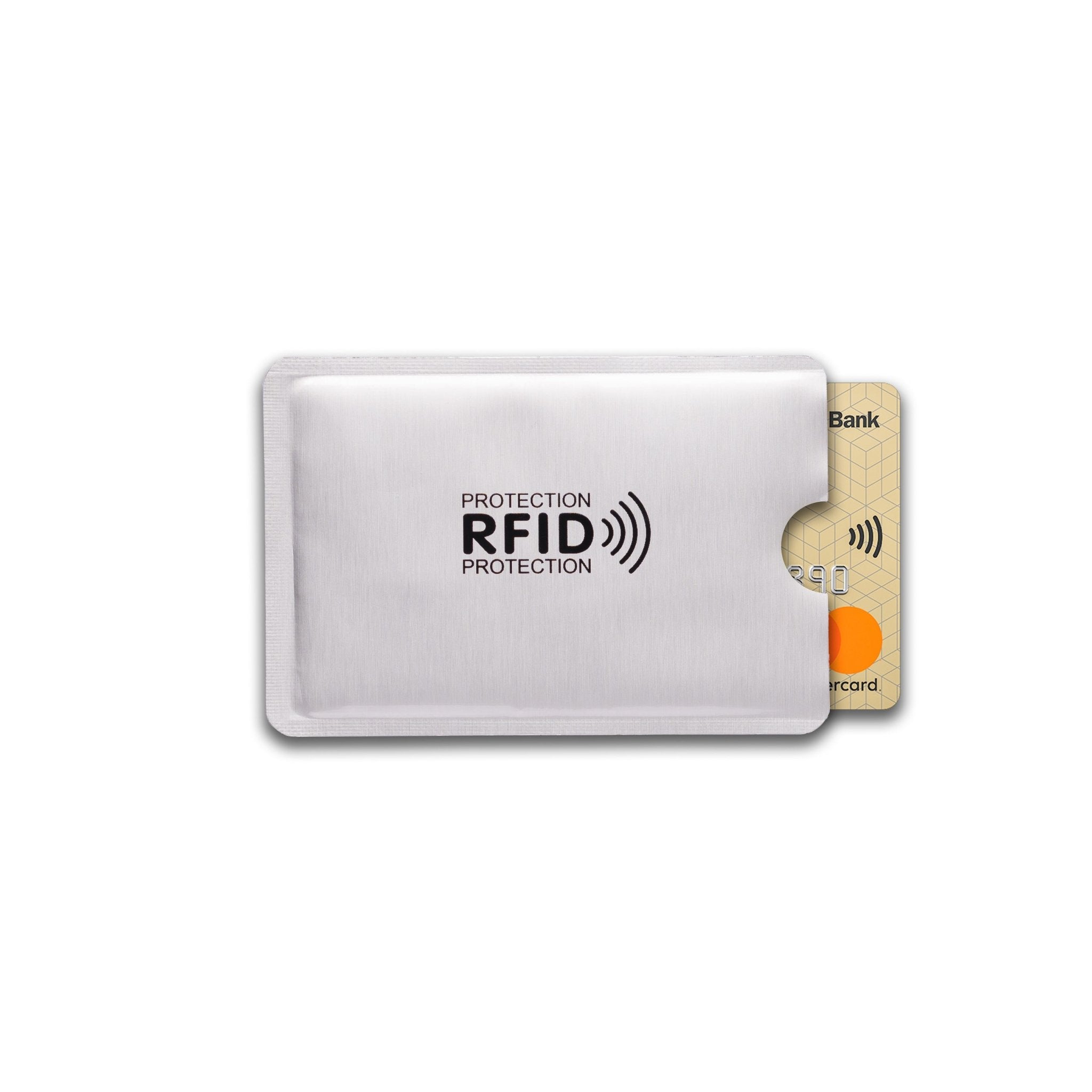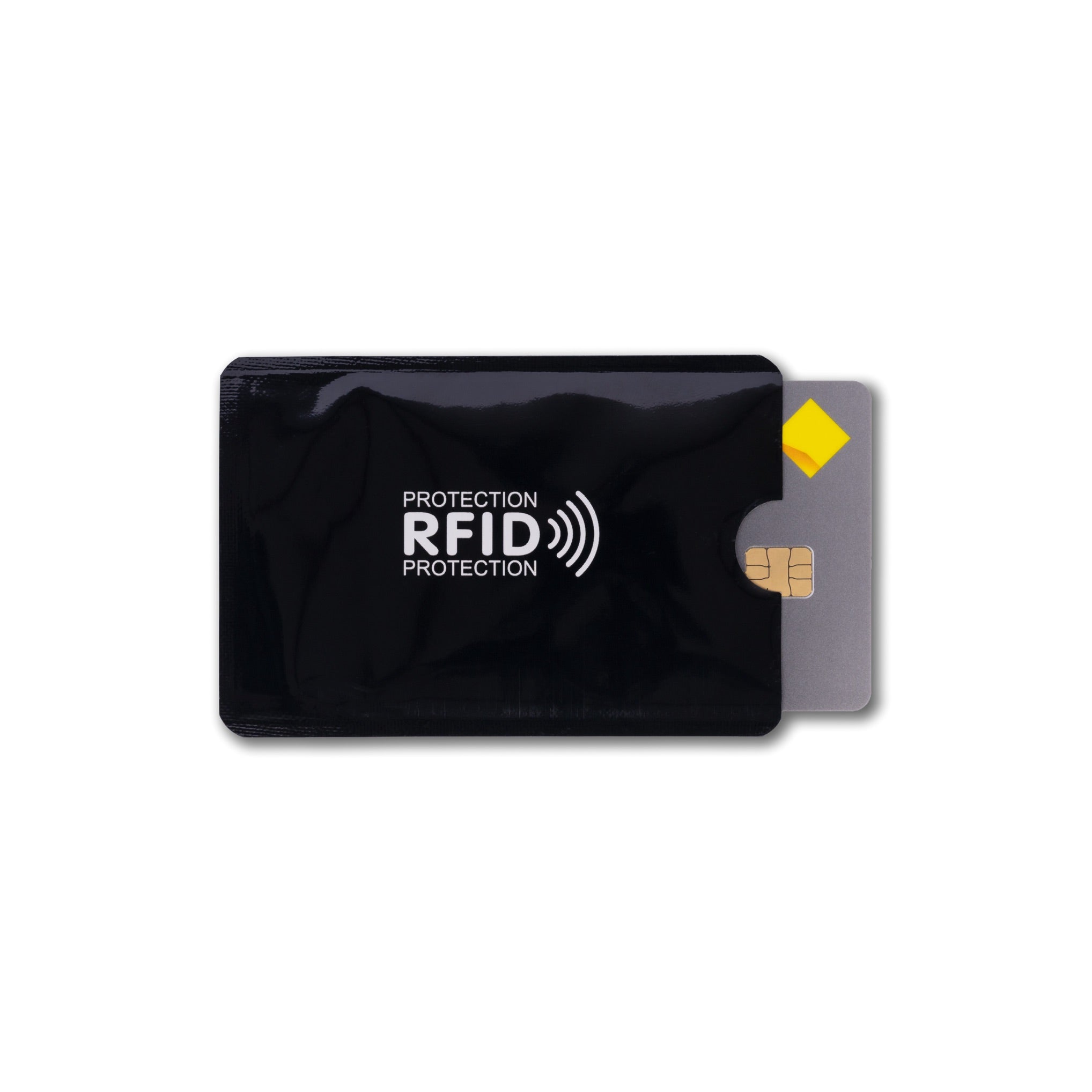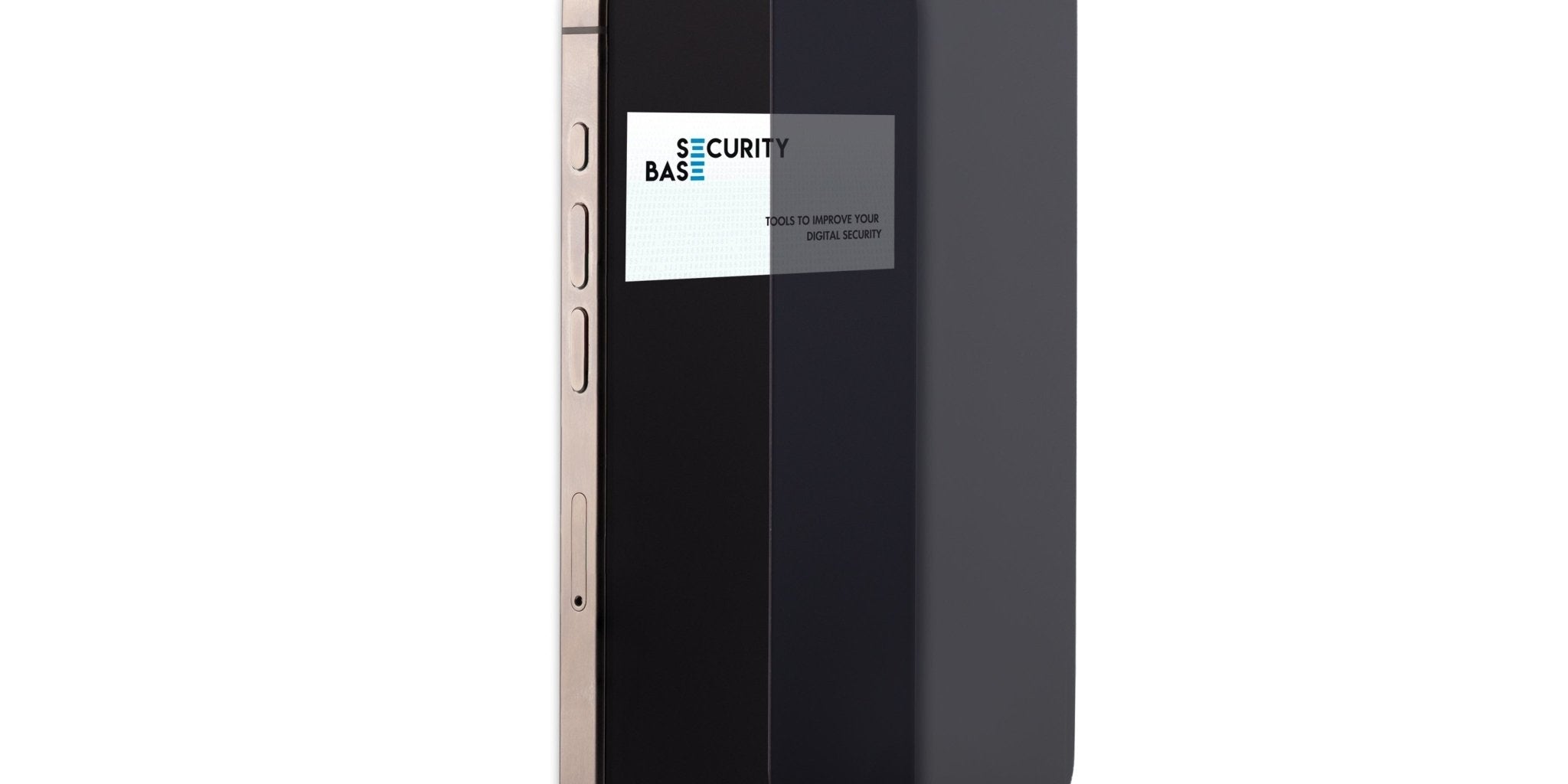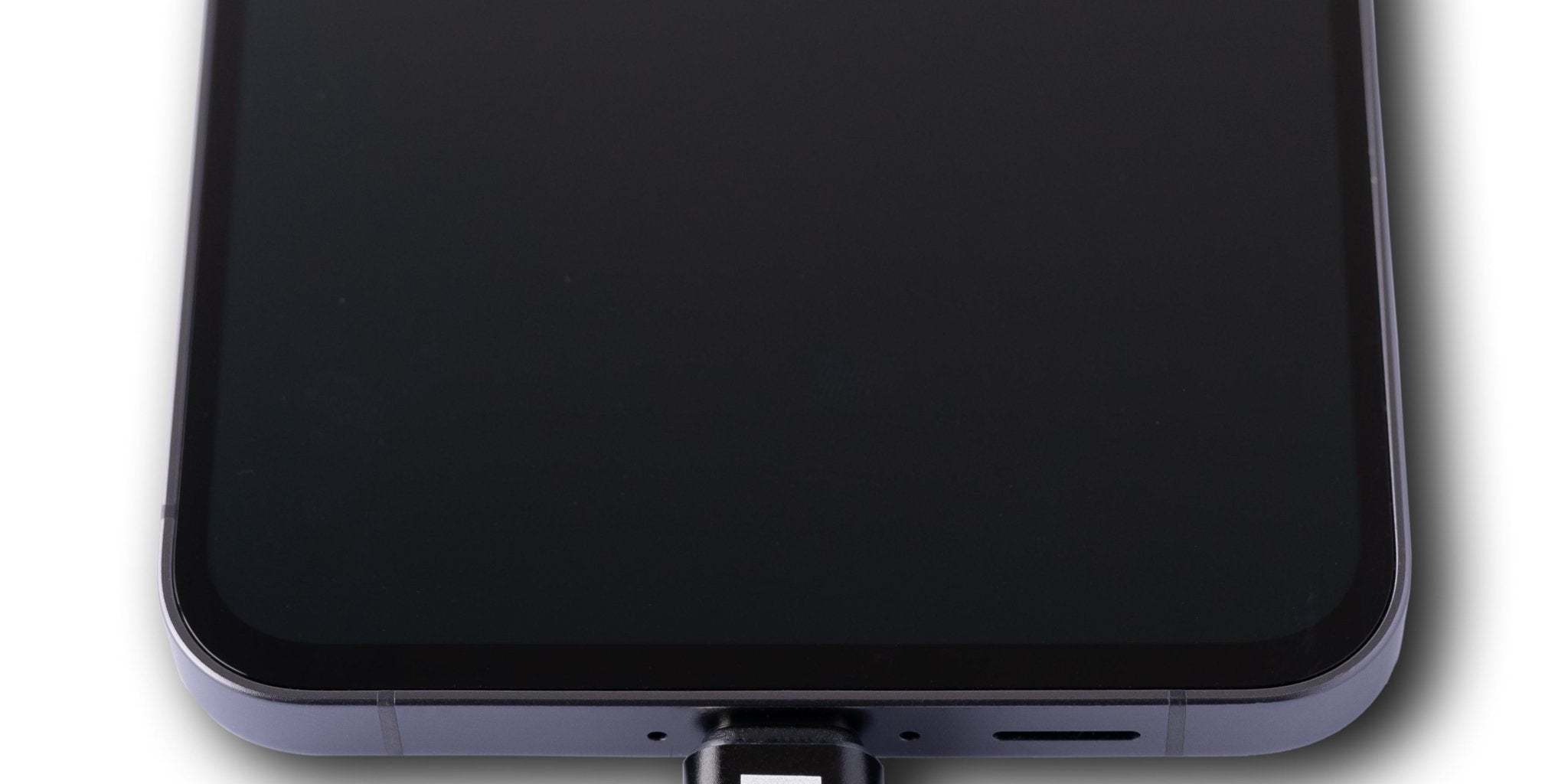Camfecting: When Your Webcam Turns Against You
In the digital age, we're constantly connected. Video calls have become essential to our lives, from work meetings and catching up with family to online dating and virtual hangouts with friends. Our webcams are windows into our lives, and they're becoming increasingly vulnerable to a growing threat called "camfecting." Imagine you're at home, maybe in your pyjamas, having a casual conversation with a friend over a video call. Unbeknownst to you, someone is watching. They're not just listening in but seeing everything you're doing. They could be recording your private conversations, capturing embarrassing moments, or even using your webcam to steal your identity. This isn't just a scene from a spy thriller; it's a chilling reality for many people who have fallen victim to camfecting.
What is Camfecting?
Camfecting, also known as webcam hacking, is the unauthorised access and control of your webcam by a malicious actor. This means that someone can secretly turn on your webcam and watch or record you without your knowledge. Hackers can use various methods to gain access, often by taking advantage of weaknesses in your computer's software or by tricking you into downloading harmful programs.
The Rise of Webcam Hacking
The rise of camfecting can be attributed to several factors, including:
- Increased Reliance on Webcams: The world went virtual. With the surge in remote work, online learning, and virtual social interactions, webcams have become essential for communication. This increased reliance has made them a more attractive target for hackers.
- Sophisticated Hacking Techniques: Hackers are constantly developing new and more sophisticated methods to gain access to computer systems, including webcams. These techniques can be complicated to detect and prevent, making it even more challenging to stay safe.
- Growing Demand for Stolen Data: The black market for stolen personal information is thriving, making webcam hacking lucrative for cybercriminals. Hackers can use stolen webcam footage for various nefarious purposes, including blackmail, identity theft, and even online extortion.
The Risks of Camfecting
The consequences of camfecting can be severe, affecting your privacy, financial security, and mental well-being. It's not just about being watched; it's about the potential for abuse and exploitation. Here are some of the most significant risks associated with camfecting:
- Privacy Invasion: Hackers can watch you live, potentially capturing embarrassing or private moments. This could include anything from personal conversations to intimate activities, leaving you feeling violated and exposed. The thought of someone watching your every move without your consent can be alarming and unsettling.
- Financial Fraud: Hackers could use your webcam to record your passwords or other sensitive financial information as you enter it on online banking websites or other platforms. This could lead to unauthorised access to your bank accounts, credit cards, and other financial assets, potentially putting you at risk of significant financial loss.
- Blackmail: Hackers might use the footage they capture to blackmail you. They could threaten to release embarrassing or compromising videos unless you pay them a ransom. This can be a terrifying experience, leaving victims feeling trapped and desperate. The fear of having private moments exposed can be incredibly debilitating.
- Identity Theft: Hackers can steal your identity by using your webcam to record you entering personal information on websites. This could include your social security number, driver's license number, or other sensitive information, putting you at risk of financial ruin and other serious consequences. This kind of theft can take years to recover from and have a devastating impact on your life.
- Emotional Distress: The feeling of being watched and monitored without your consent can be incredibly stressful and emotionally draining. It can lead to anxiety, paranoia, and a constant sense of unease, affecting your mental health and well-being. The fear of being a victim of camfecting can impact your ability to relax and enjoy your home, making it a constant source of worry and stress.
Signs of Webcam Hacking
Unfortunately, you might not even know if your webcam has been compromised. Hackers often operate in the shadows, silently accessing and controlling your webcam without your knowledge. This makes detecting camfecting a challenging task. However, there are some telltale signs to look out for that could indicate webcam hacking:
- The webcam light is on, even when you're not using it. This is a clear indicator that your webcam is active and might be being accessed by someone else. If the light is on when you haven't opened any video-calling apps or used your webcam recently, it's a red flag.
- You notice unusual activity in your computer's background processes. This could include unexpected CPU usage spikes or unusual network activity you haven't initiated. If your laptop suddenly runs slower or you hear unusual noises, it could be a sign that something is amiss.
- You experience unexpected slowdowns or crashes in your laptop. These issues could be caused by malicious software running in the background, accessing your webcam and consuming system resources. If your computer is constantly crashing or freezing, it could be a sign that malware is active and using your webcam.
- You see strange files or programs you didn't install on your computer. These files could be malware that has gained access to your system and controls your webcam. If you see unfamiliar files or programs, it's best to be cautious and avoid opening or interacting with them.
- You hear unusual noises or see strange visual distortions in video calls. This could indicate that your webcam feed is being intercepted and manipulated by a hacker. If you notice glitches or distortions in your webcam feed during video calls, it could be a sign that someone is interfering with your connection.
How to Protect Yourself from Camfecting
While the threat of camfecting is real, it's not insurmountable. Taking proactive steps to protect your webcam and online security can significantly reduce your risk of becoming a victim. Here are some essential tips to keep in mind:
- Use a webcam sliding cover: A physical cover that blocks the lens of your webcam when it's not in use is a simple and highly effective way to prevent unauthorised access. These covers are cheap and easy to find online, providing a physical barrier against hackers. It's a simple but effective way to put your mind at ease, knowing that your webcam is physically protected when not in use.
- Keep your software updated: Software updates often include security patches that fix vulnerabilities that hackers can exploit. Regularly update your operating system, web browser, and all other software programs to ensure you have the latest security features. Ensure you enable automatic updates so you don't forget to update your software regularly.
- Be careful about what you download and click on: Avoid downloading files from untrusted sources, and be wary of suspicious emails or links. Hackers often use phishing scams to trick people into downloading malicious software that can compromise their computers and webcams. If you receive an email from an unknown sender or a link that seems too good to be true, it's best to err on the side of caution and avoid clicking on it.
- Use strong passwords: Choose strong passwords for all your accounts, especially those related to your webcam. Use uppercase and lowercase letters, numbers, and symbols, and avoid using common words or phrases. A strong password is like a fortress protecting your accounts from hackers. Consider using a password manager to generate and store strong passwords for all your accounts.
- Enable two-factor authentication: This adds an extra layer of security to your accounts, making it more difficult for hackers to gain access. Even if they steal your password, they'll need access to your phone or another device to log in, making it much harder to compromise your accounts. Two-factor authentication is like an extra lock on the door to your accounts, making them significantly more secure.
- Use a reputable antivirus program: A good antivirus program can help protect you from malware that can compromise your webcam. Keep your antivirus software up-to-date and regularly scan your system for threats. A reliable antivirus program acts as a guard, constantly scanning your system for any malicious activity that could compromise your webcam.
- Be mindful of what you share online: Avoid posting anything online that could be used to blackmail you. Be cautious about the information you share on social media and other online platforms, and think twice before posting anything that could be used against you. It's better to be safe than sorry when sharing personal information online. Consider your online presence and be mindful of what you reveal.
- Use a virtual private network (VPN): A VPN encrypts your internet traffic, making it harder for hackers to intercept your data, including your webcam feed. When using public Wi-Fi networks, it's essential to use a VPN to protect your privacy and security. A VPN acts like a shield, protecting your data from prying eyes when using public Wi-Fi networks.
- Check your webcam permissions: Most operating systems and browsers allow you to control which apps can access your webcam. Regularly review your webcam permissions and disable access for any apps you don't trust or don't use frequently. Take control of your webcam and ensure only the apps you trust can access it.
- Be cautious when using public Wi-Fi: Public Wi-Fi networks are often unsecured and can be easily accessed by hackers. Avoid using your webcam for sensitive activities when connected to public Wi-Fi networks. Public Wi-Fi can be a haven for hackers, so avoiding using your webcam for sensitive activities on unsecured networks is best.
- Use a webcam with built-in security features: Some webcams now come with built-in security features, such as a physical privacy shutter or a dedicated security chip that helps prevent unauthorised access. Look for webcams with built-in security features for extra peace of mind.
Don't Let Your Webcam Be a Target
Camfecting is a severe threat, but it doesn't have to be a cause for panic. Taking simple precautions and staying vigilant can protect your privacy and keep your webcam safe. Remember, it's always better to be safe than sorry! Stay informed about the latest security threats, update your software regularly, and be mindful of the information you share online. You can enjoy the convenience and benefits of video calls without compromising your privacy and security.
